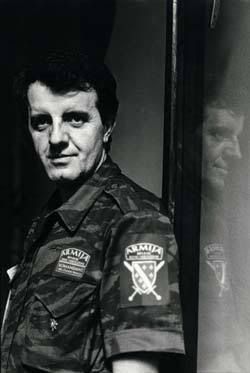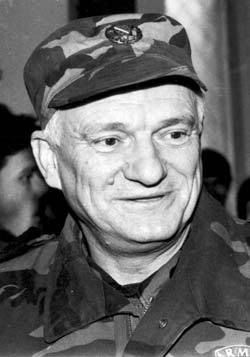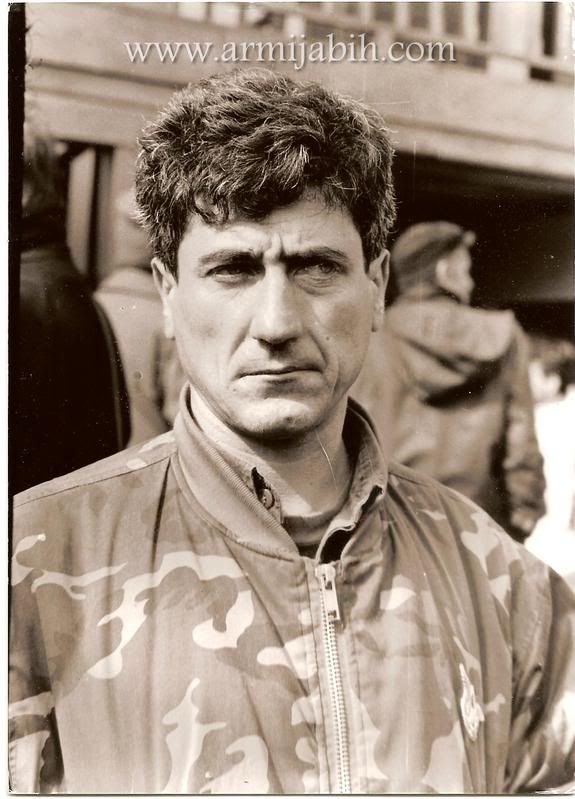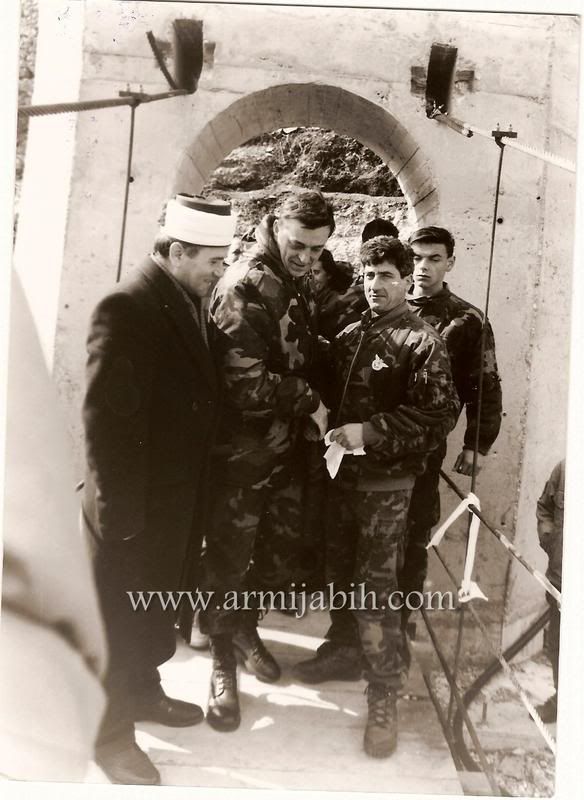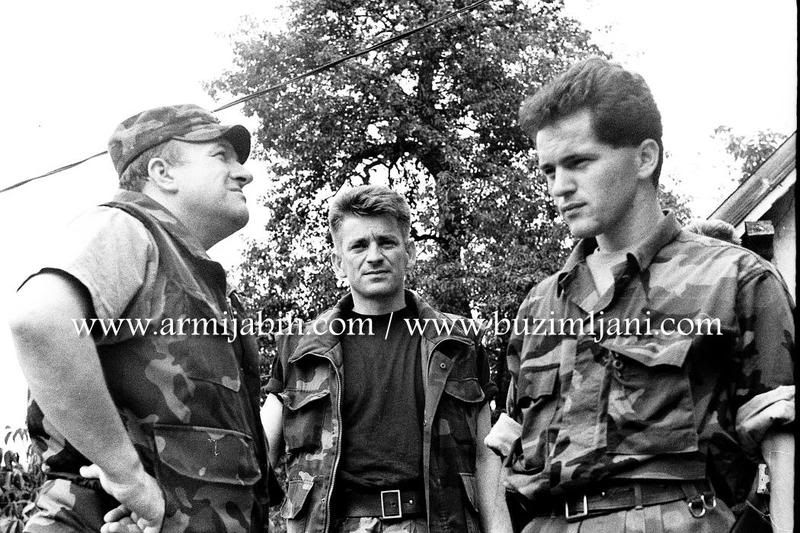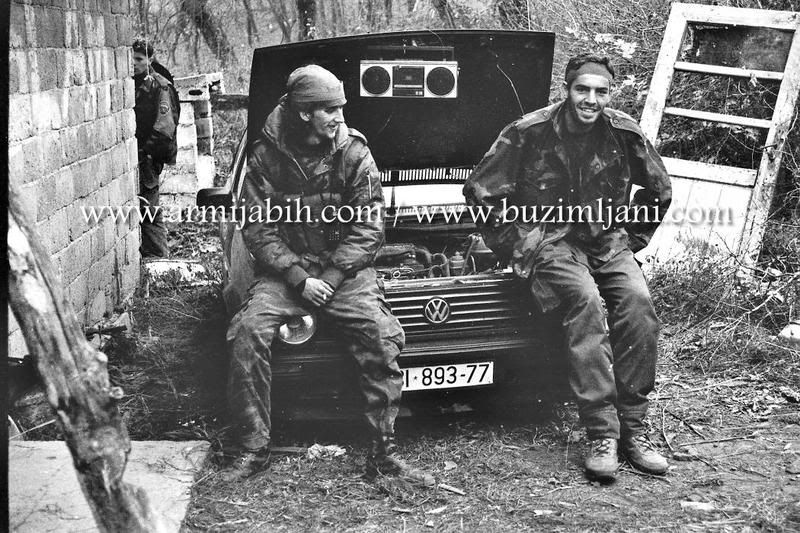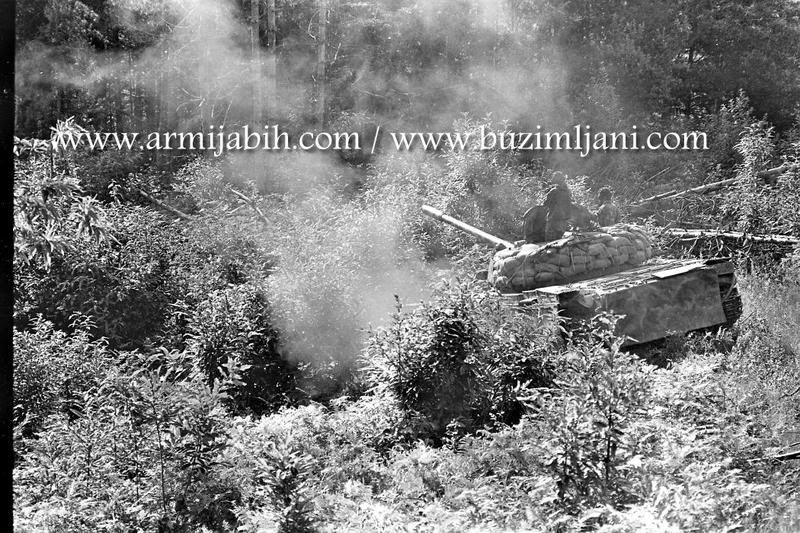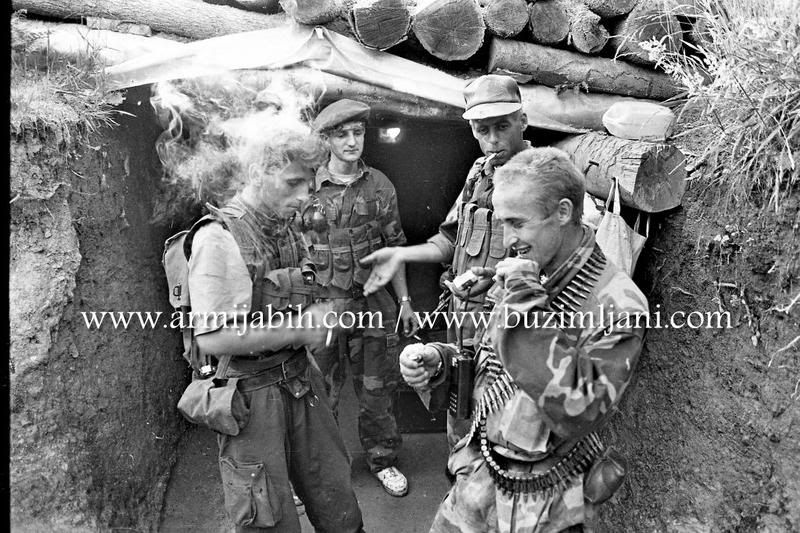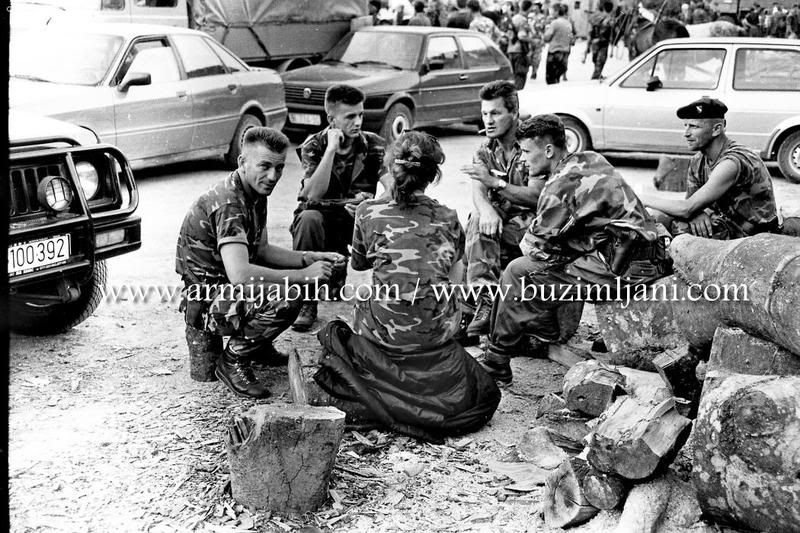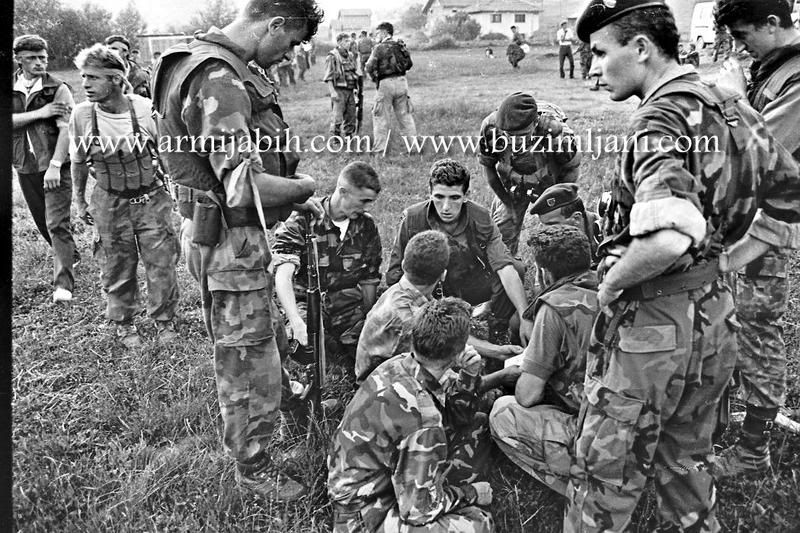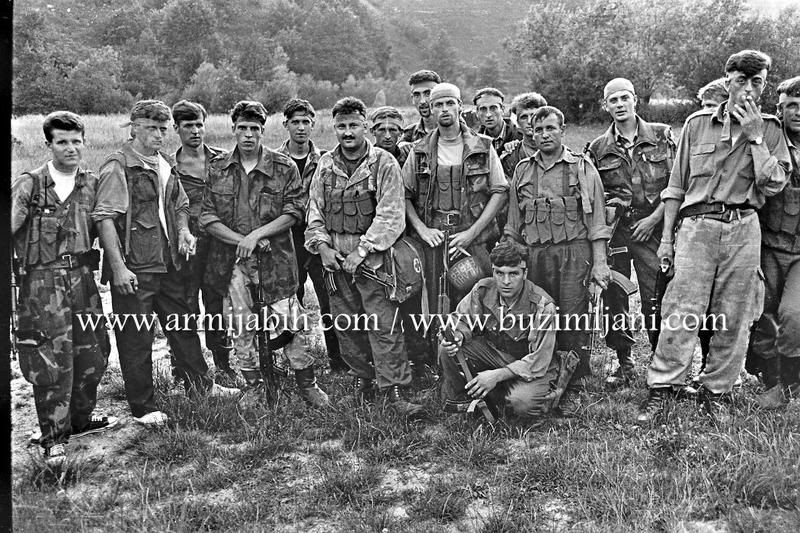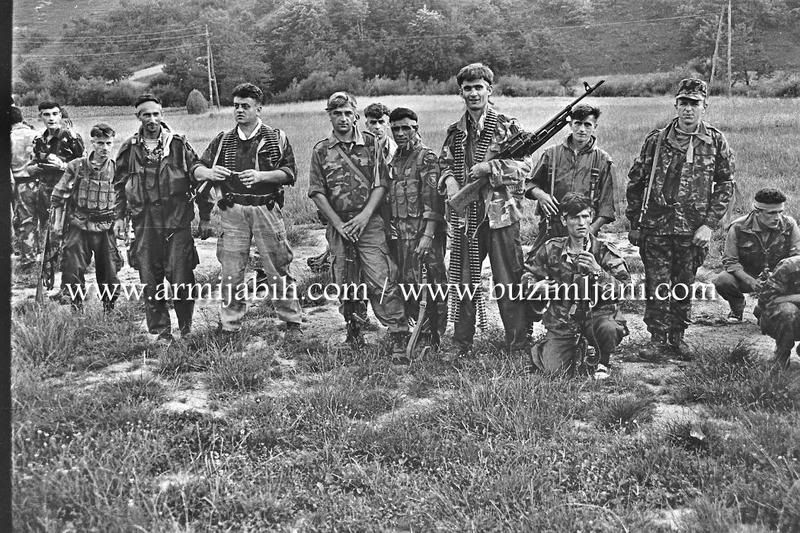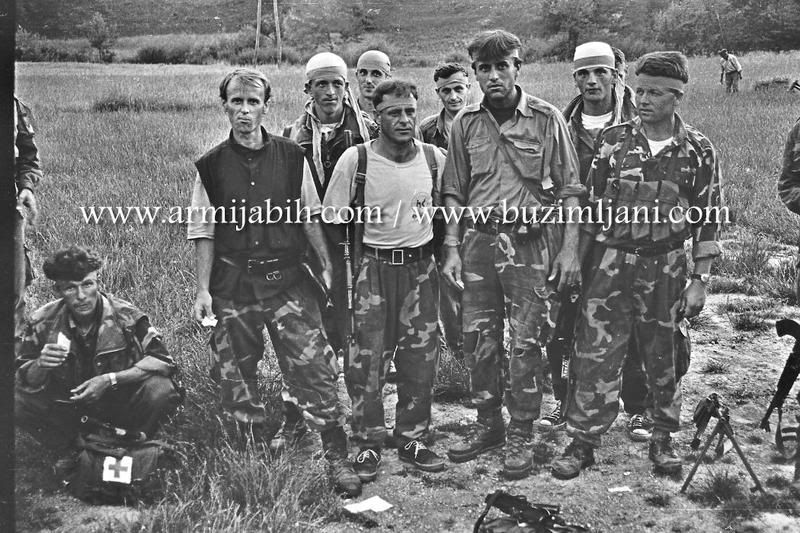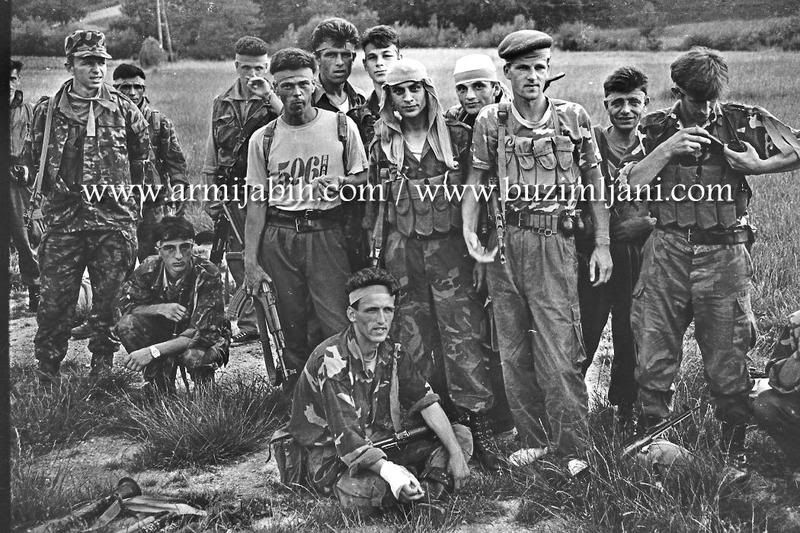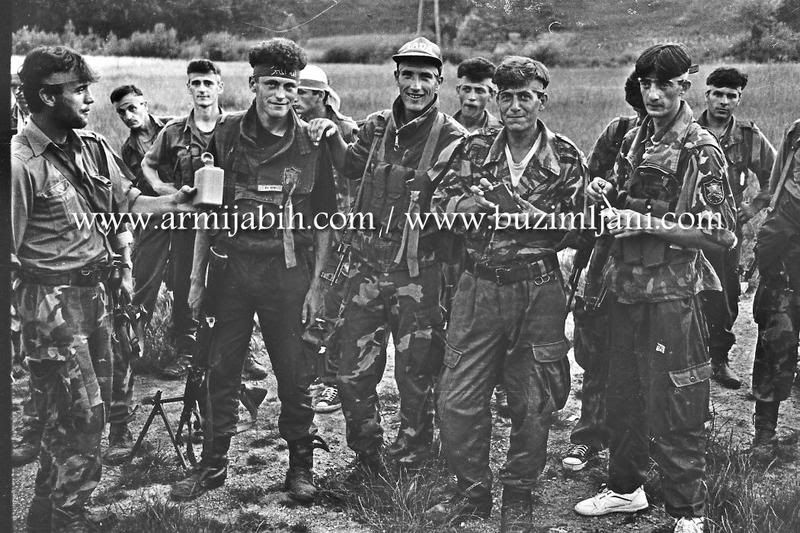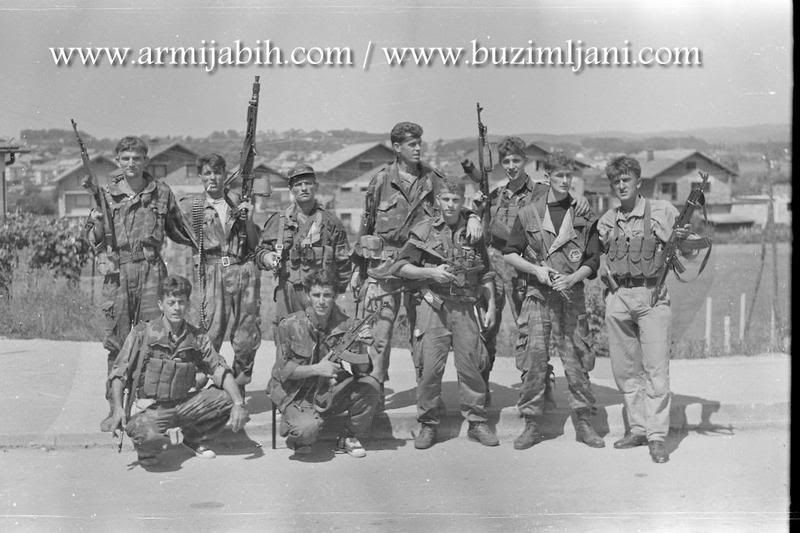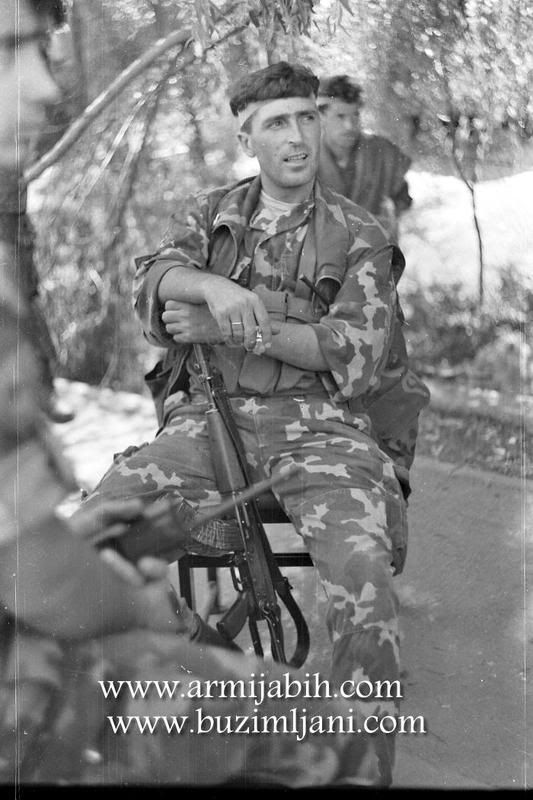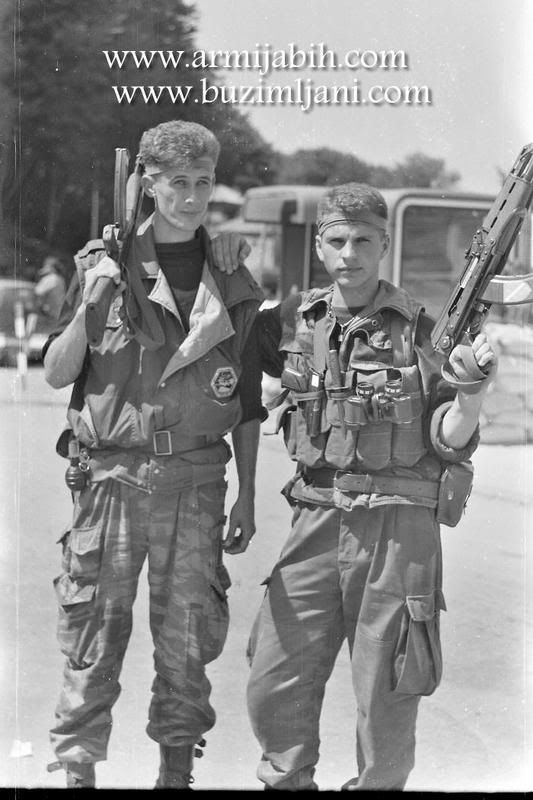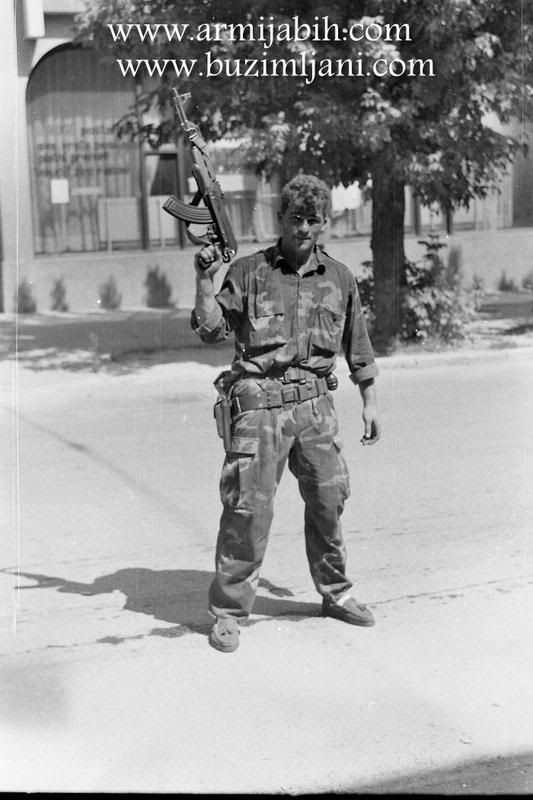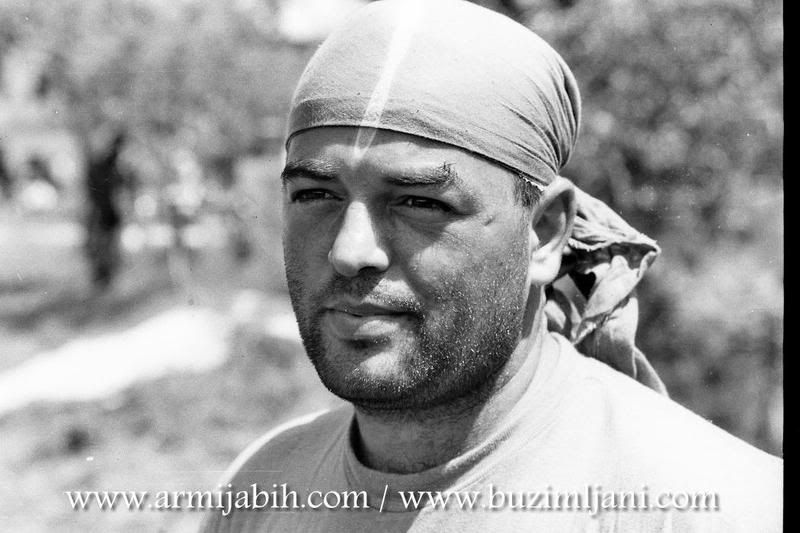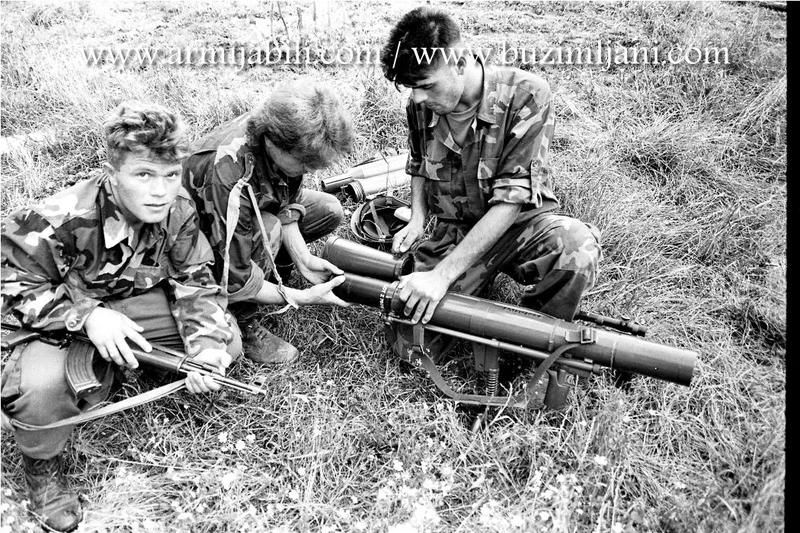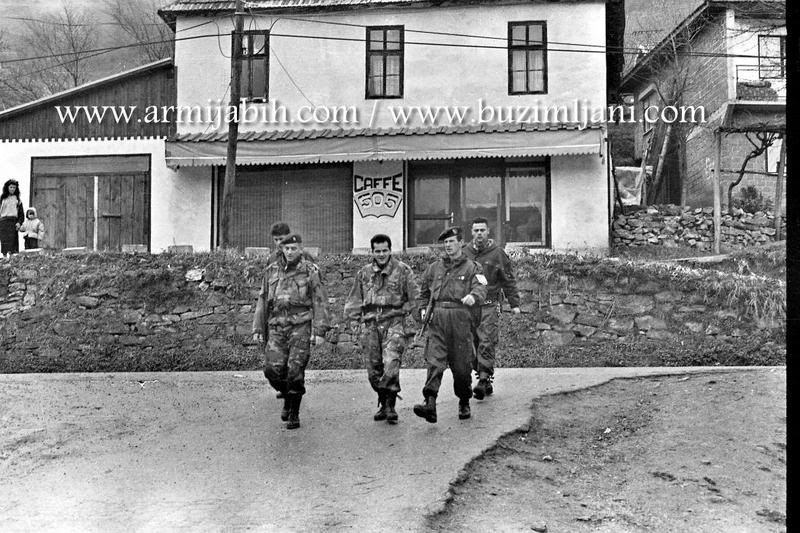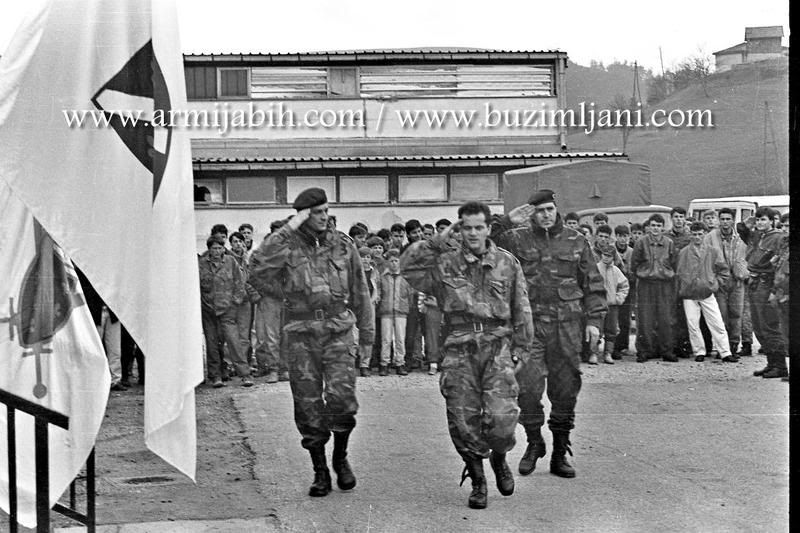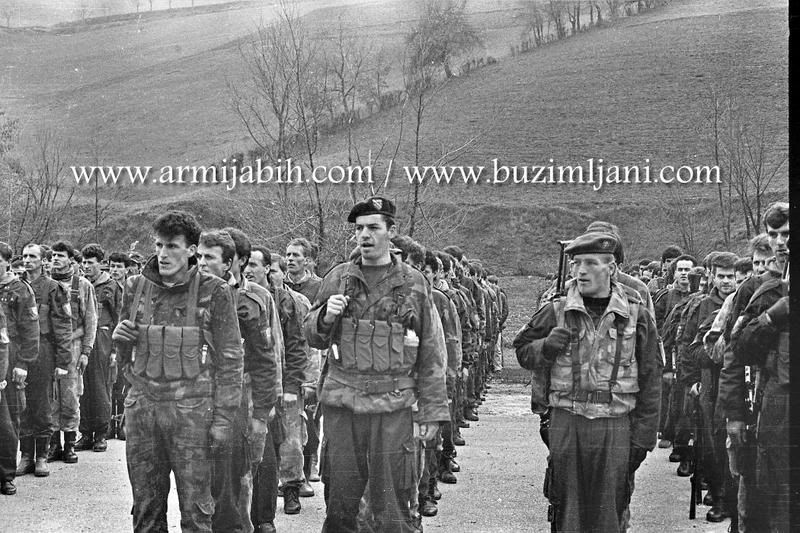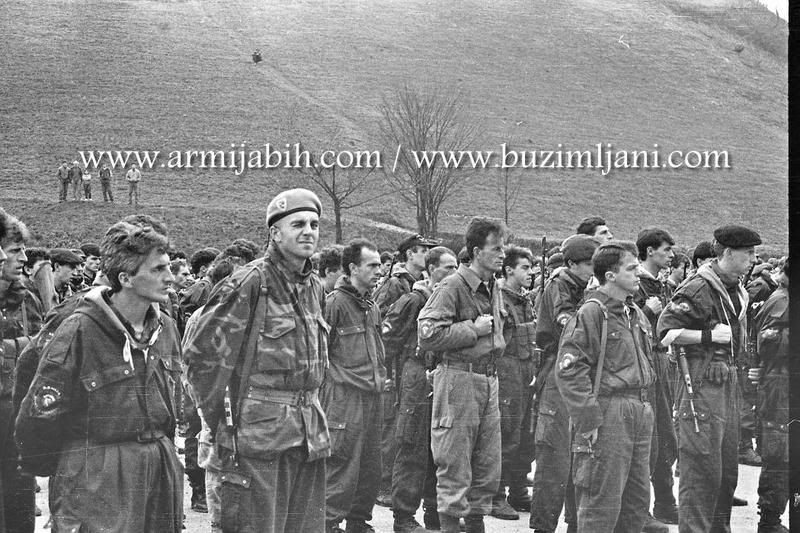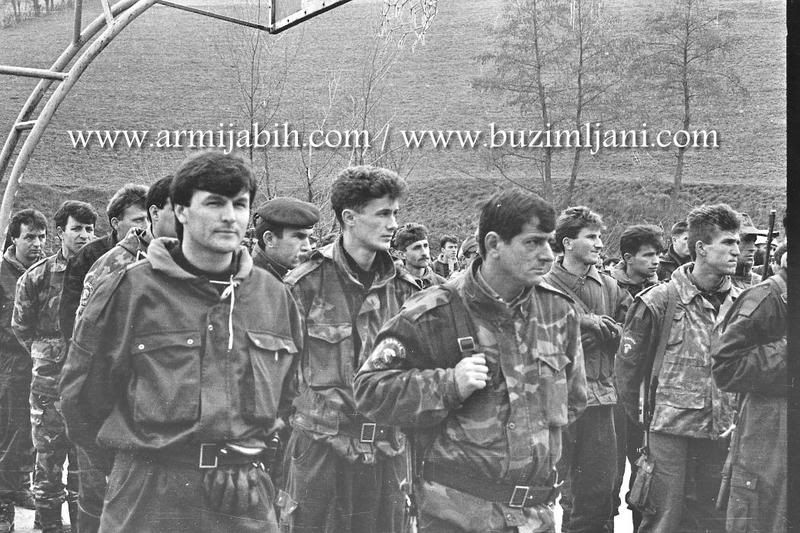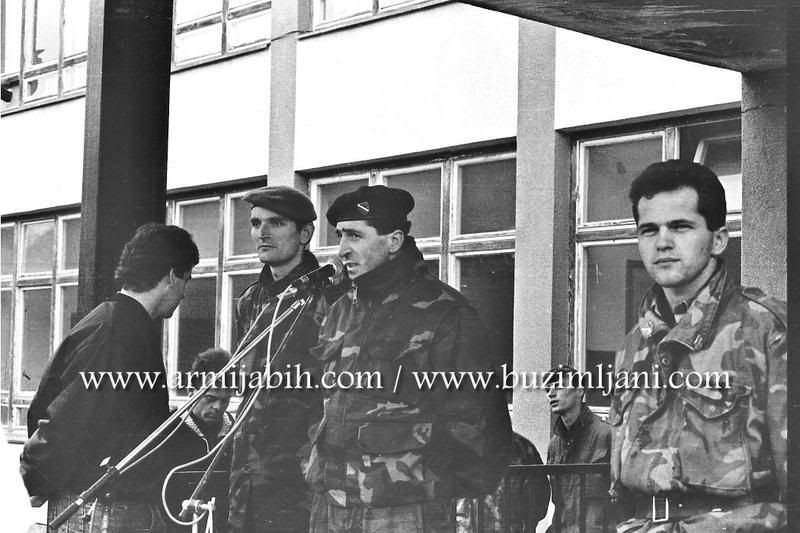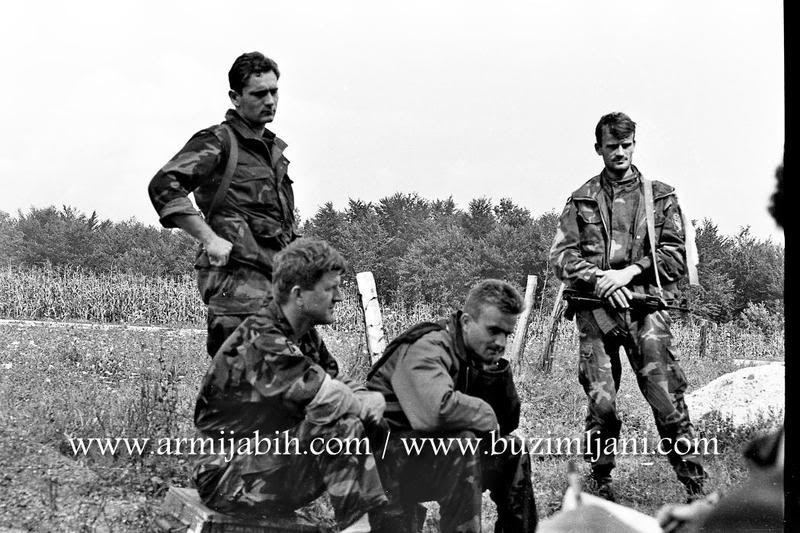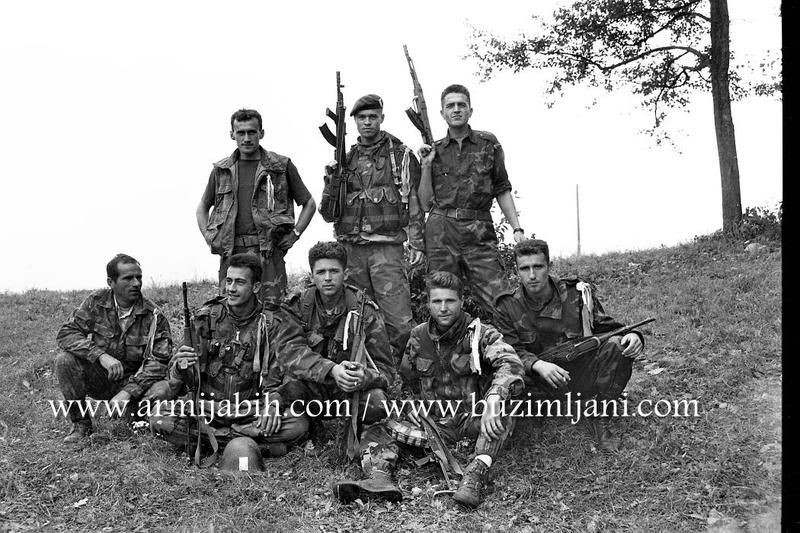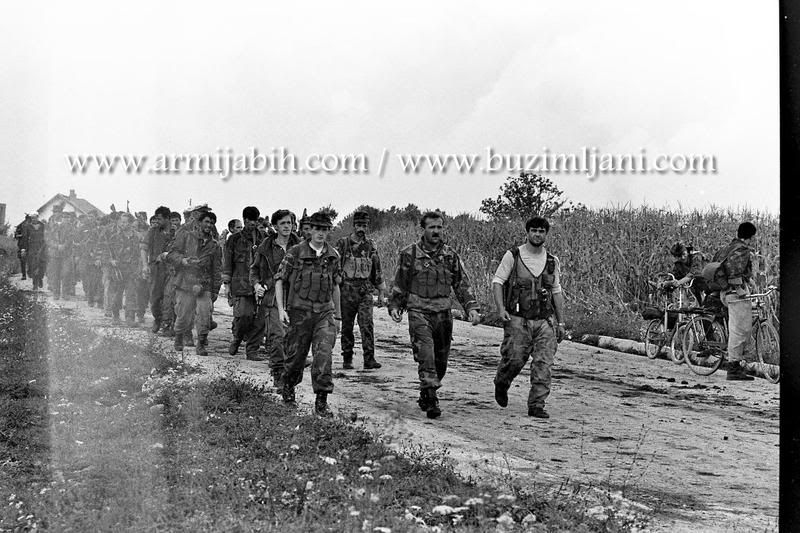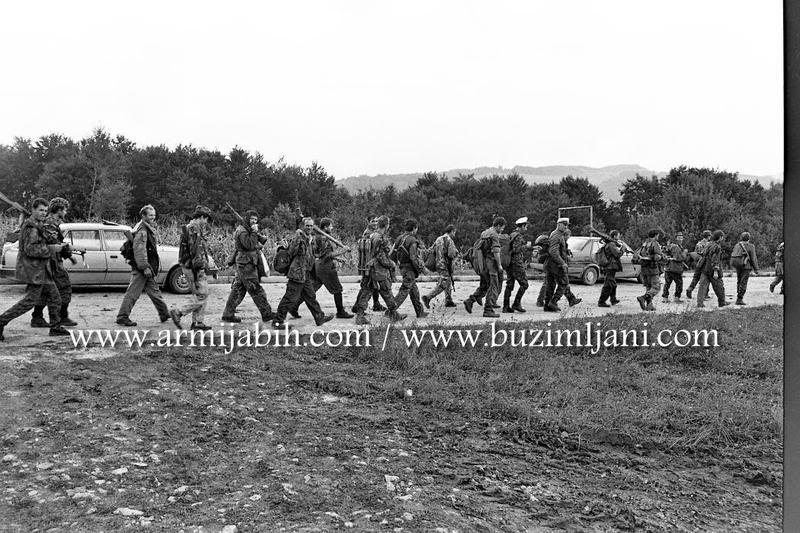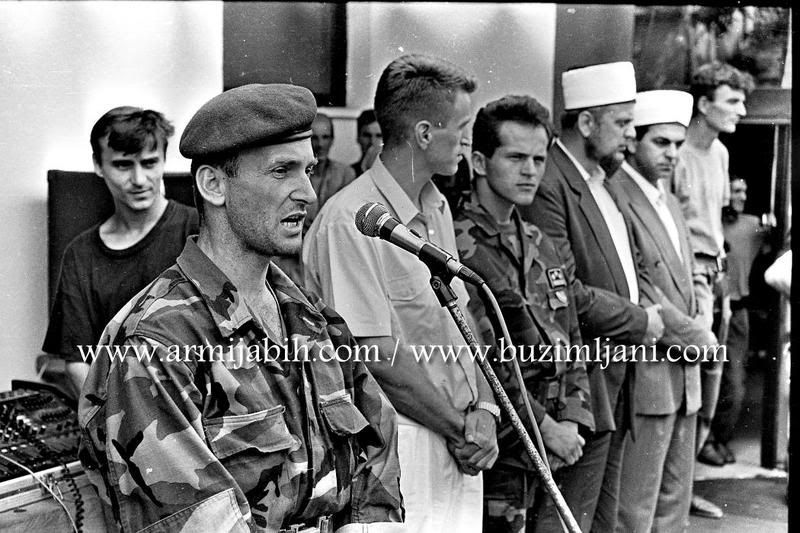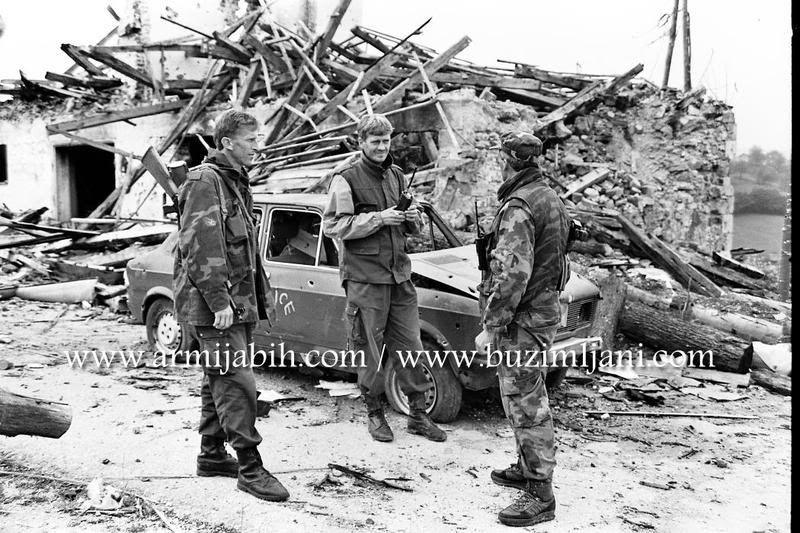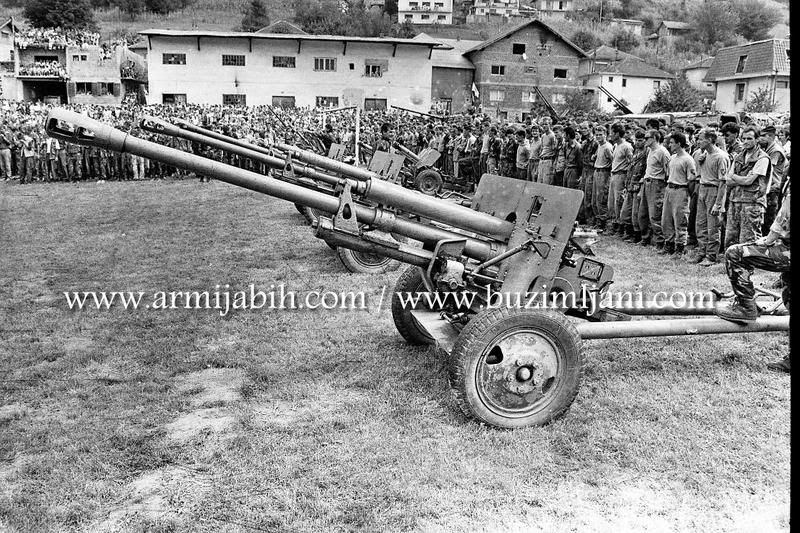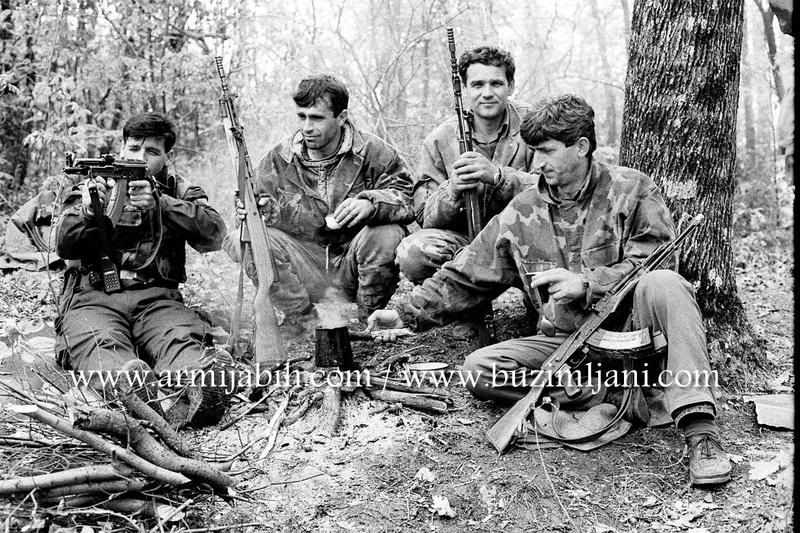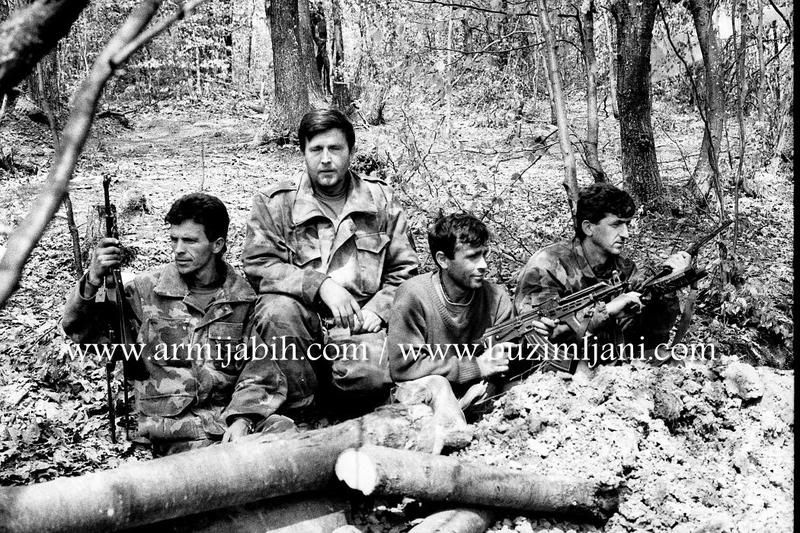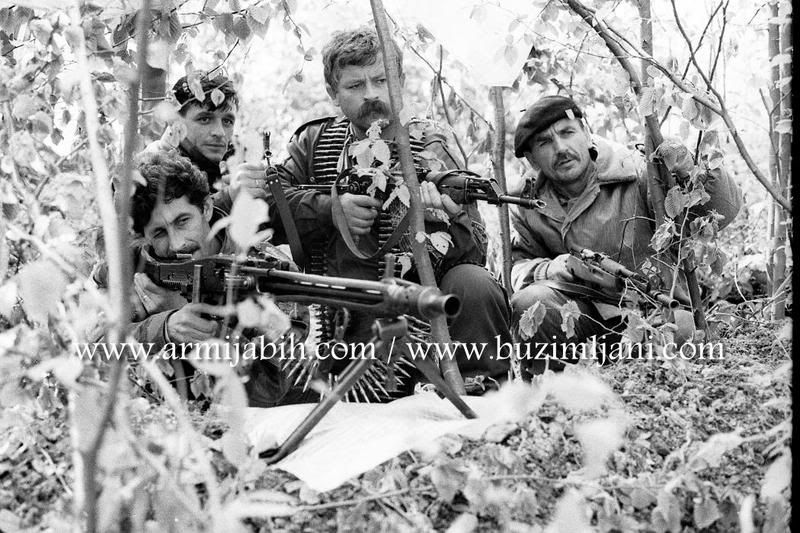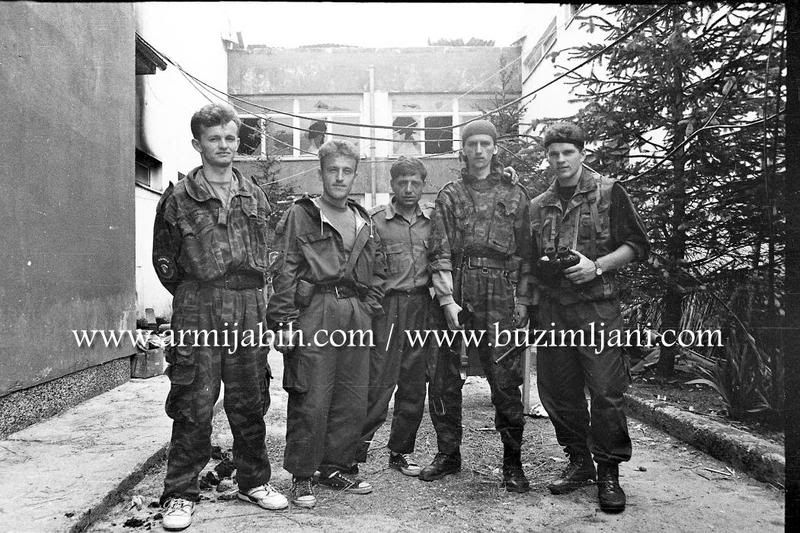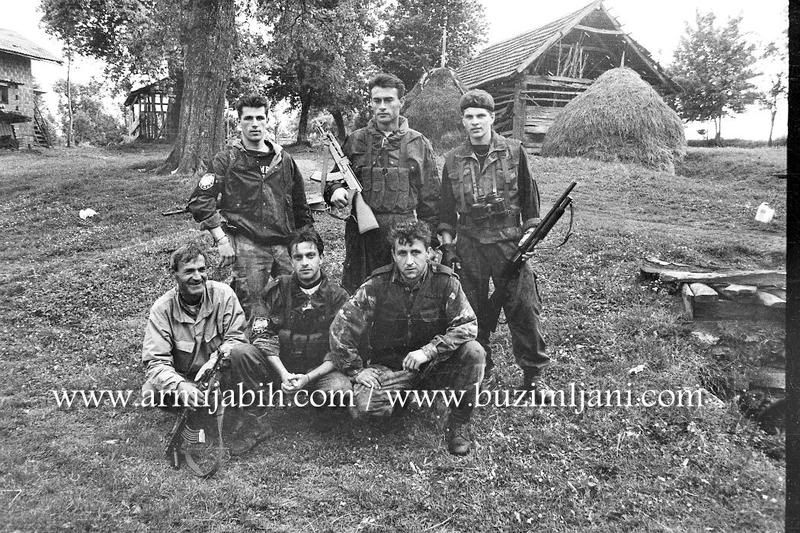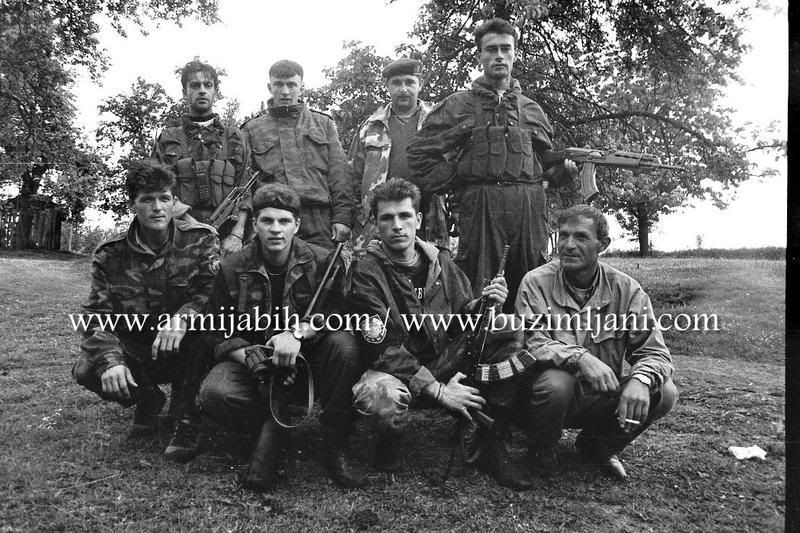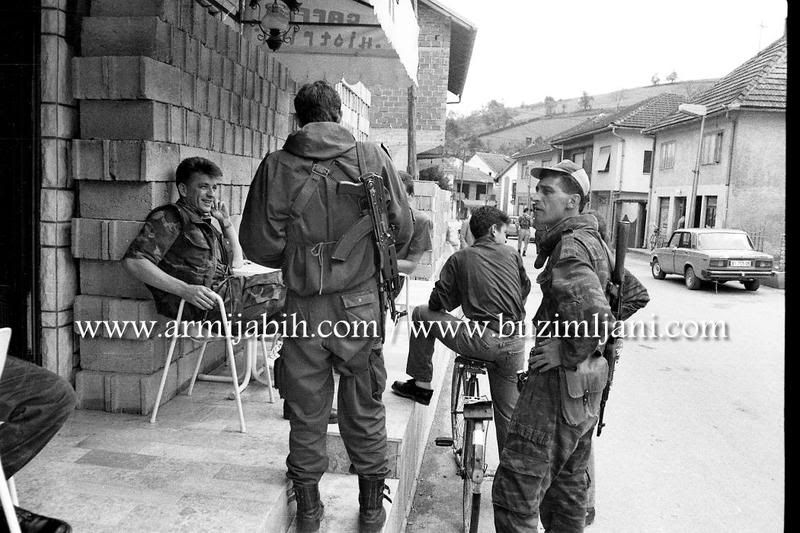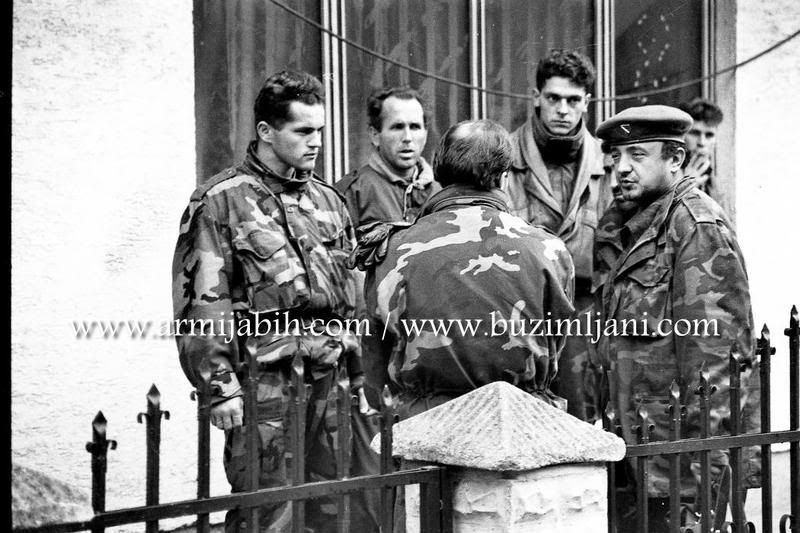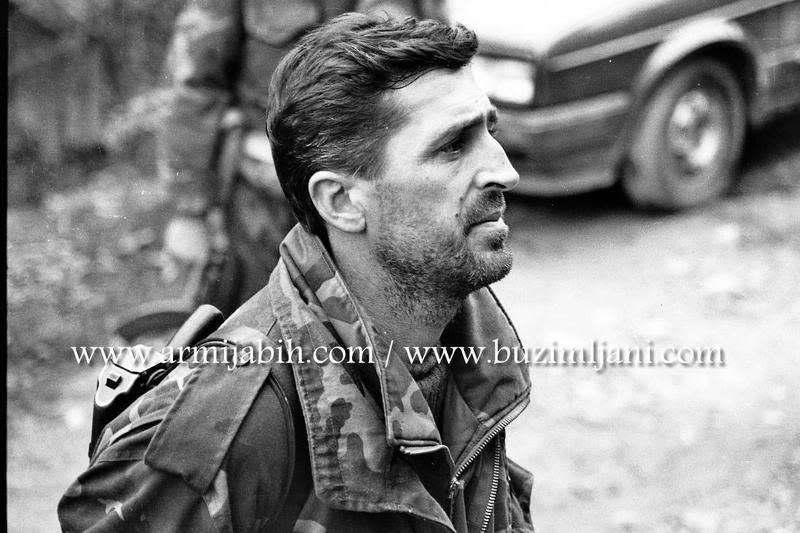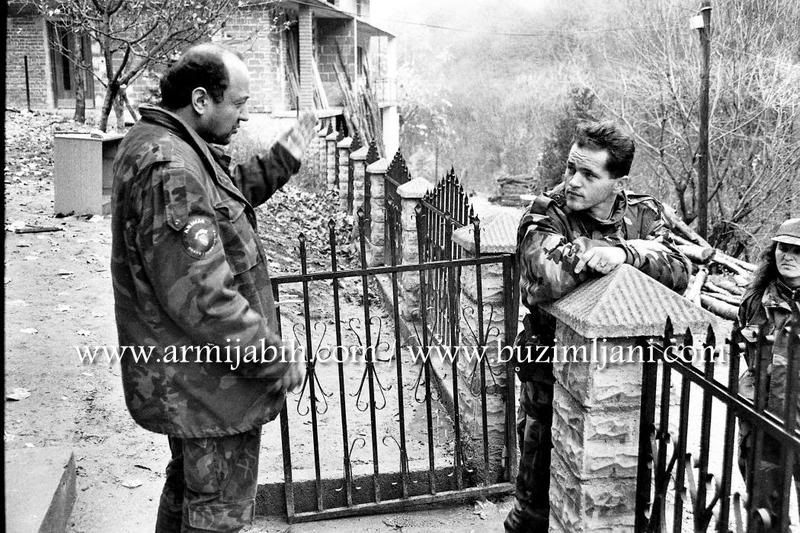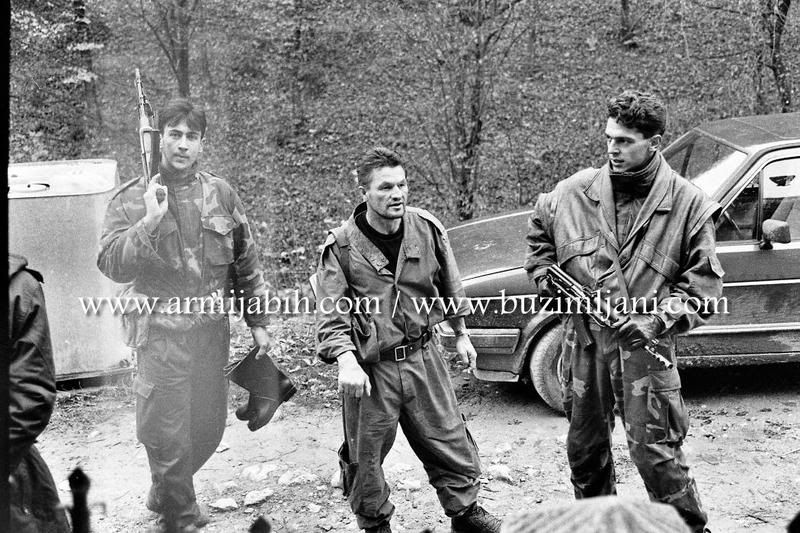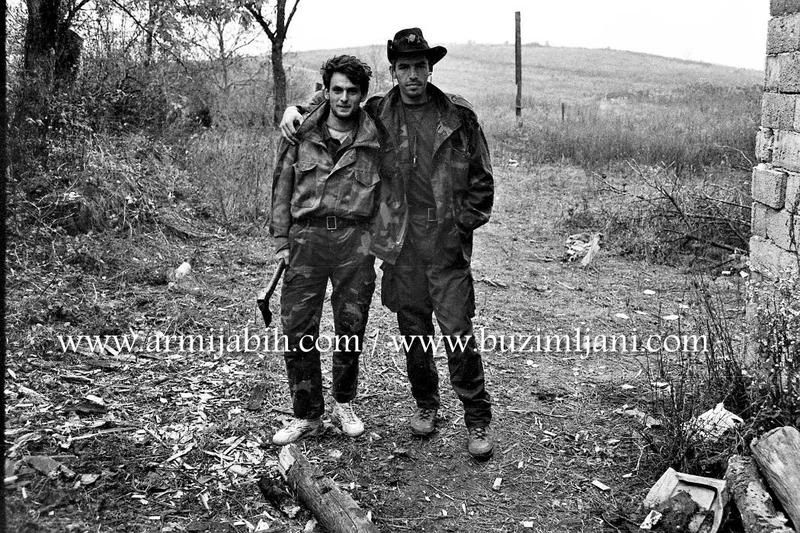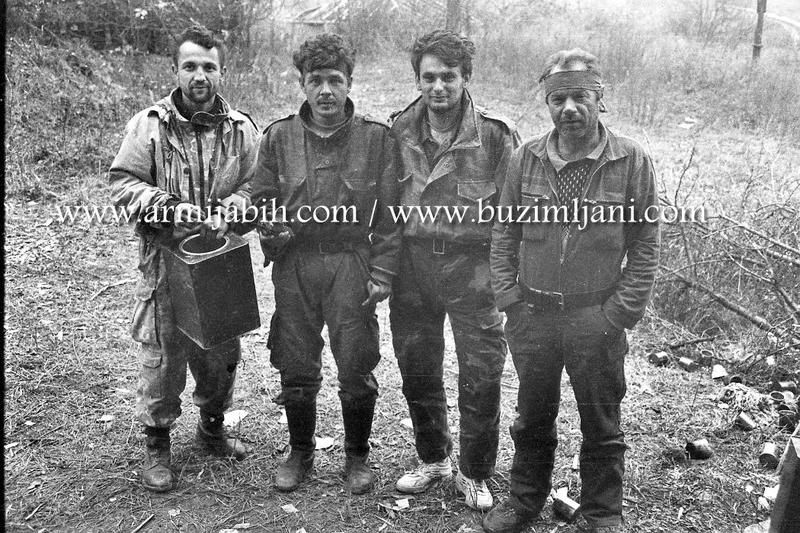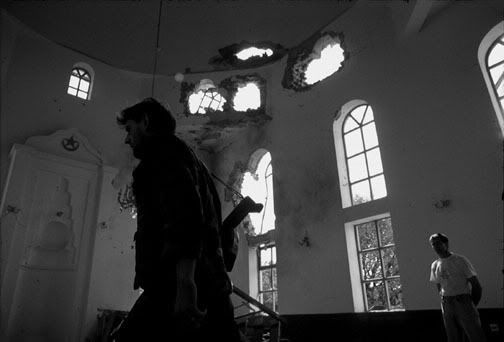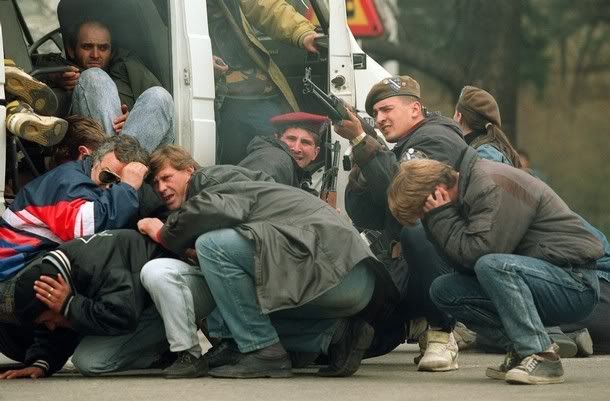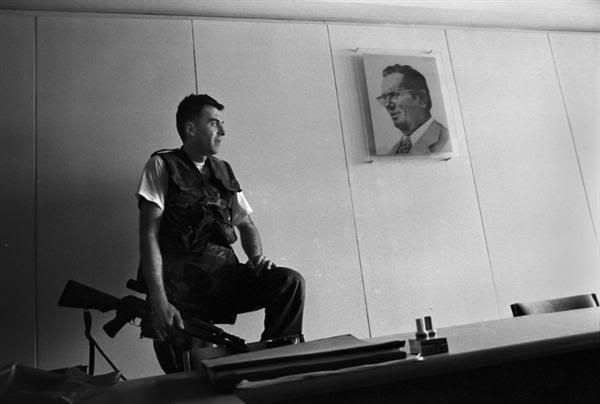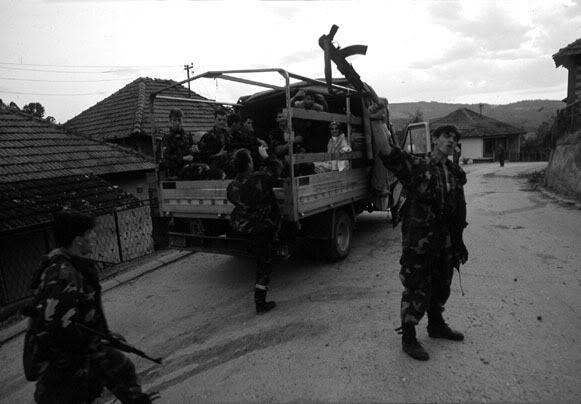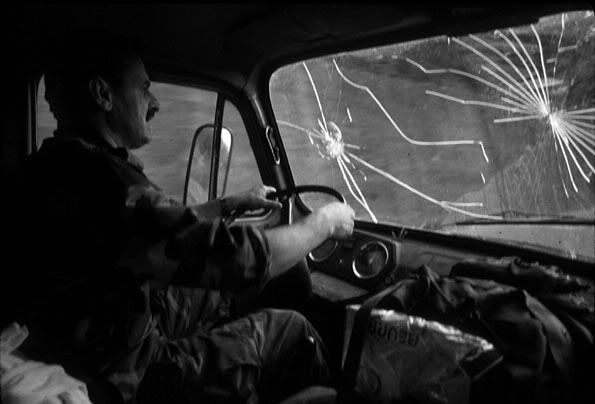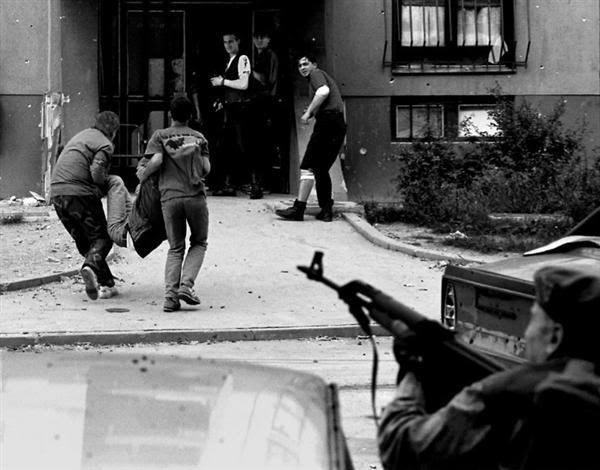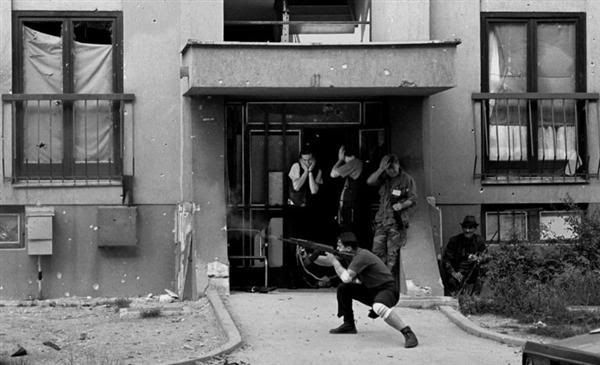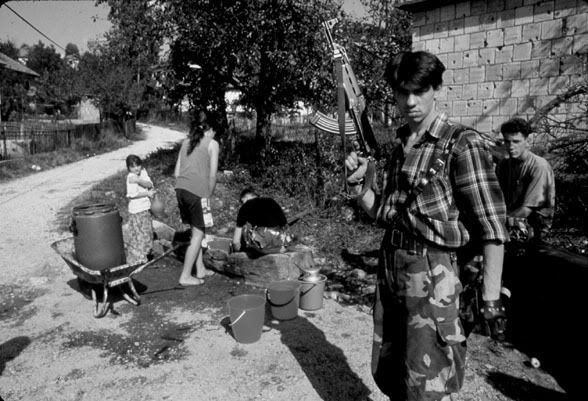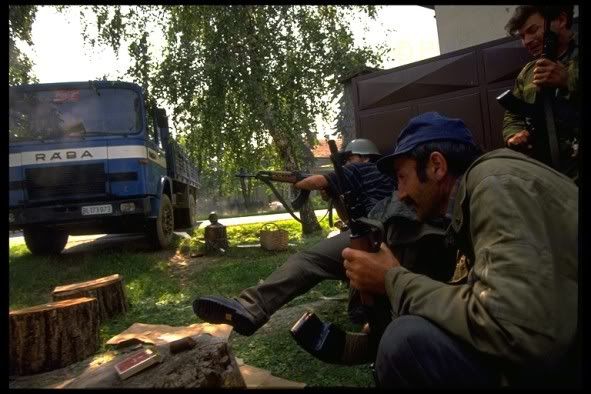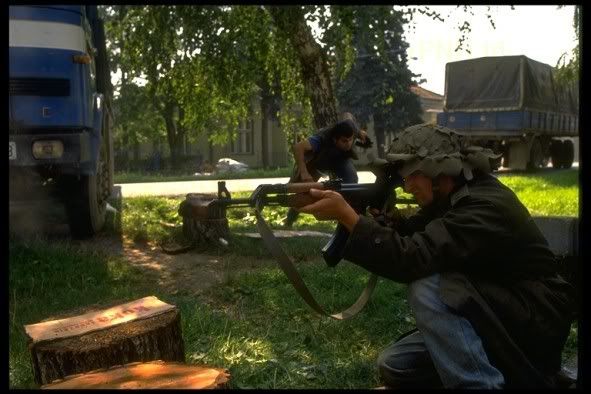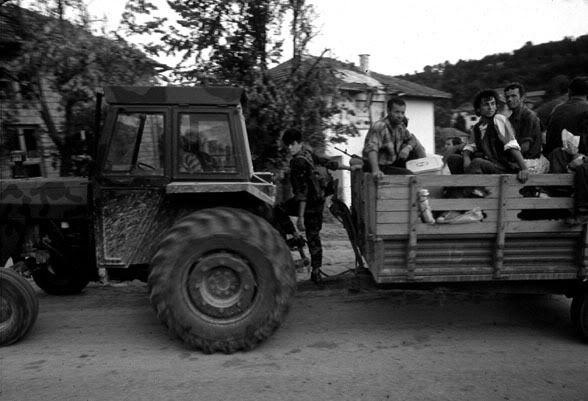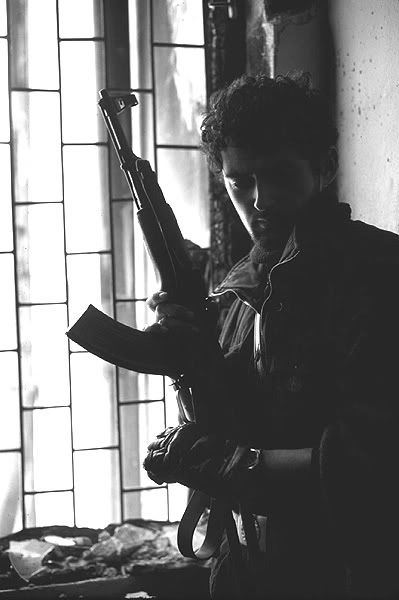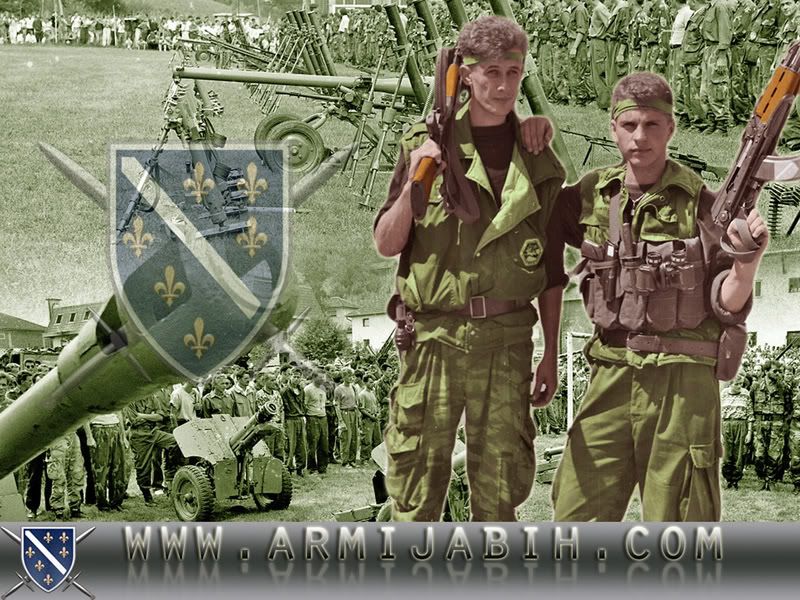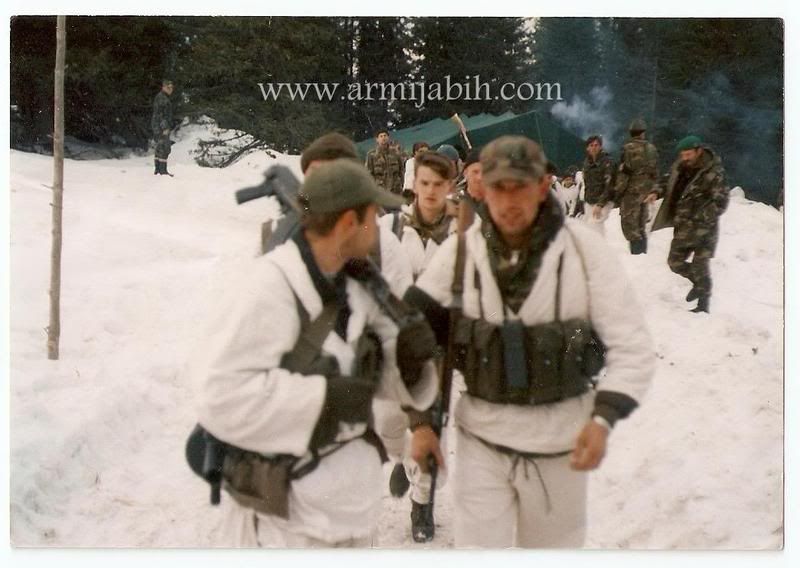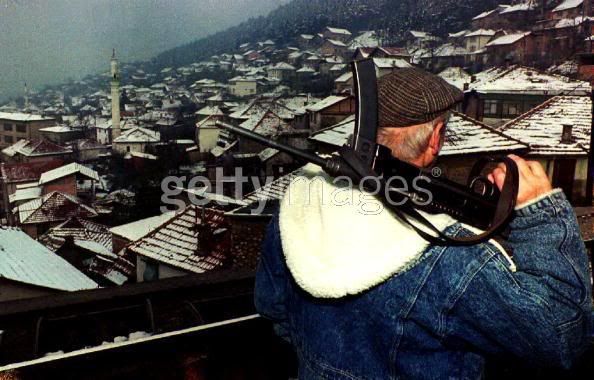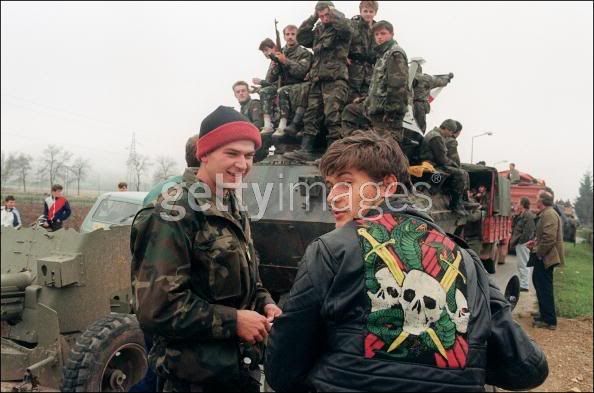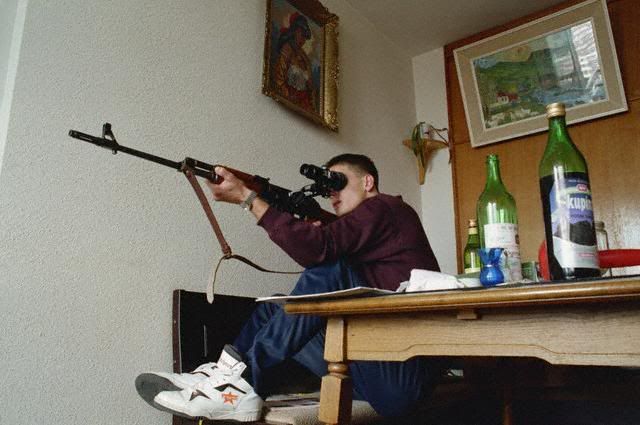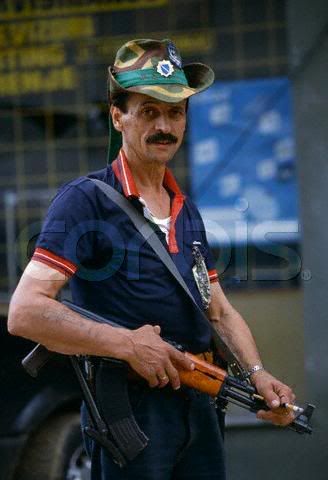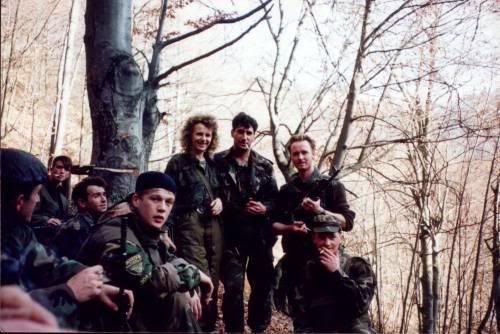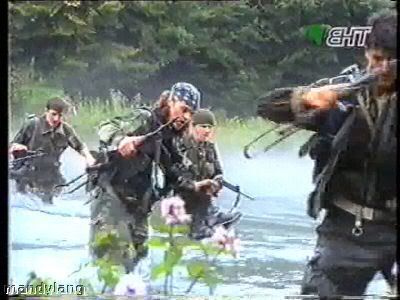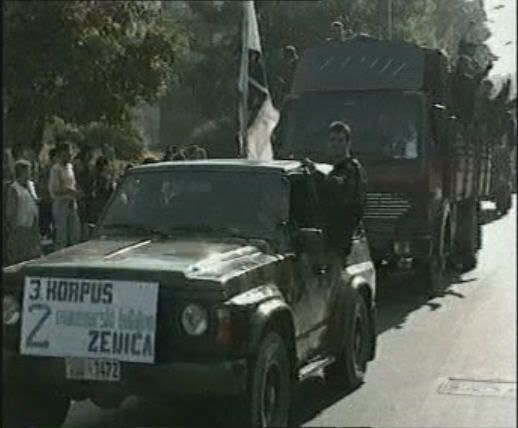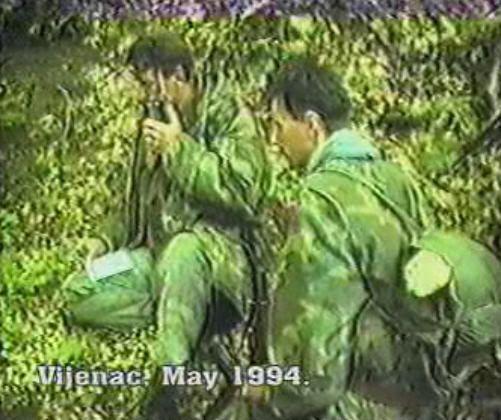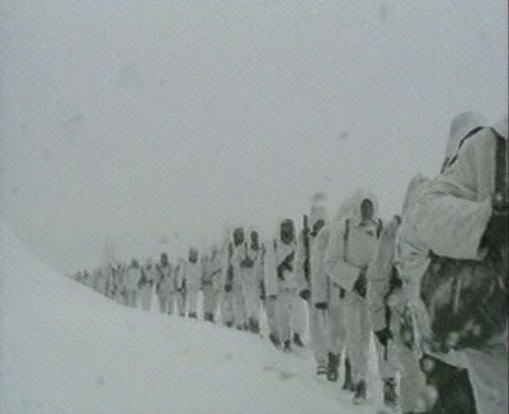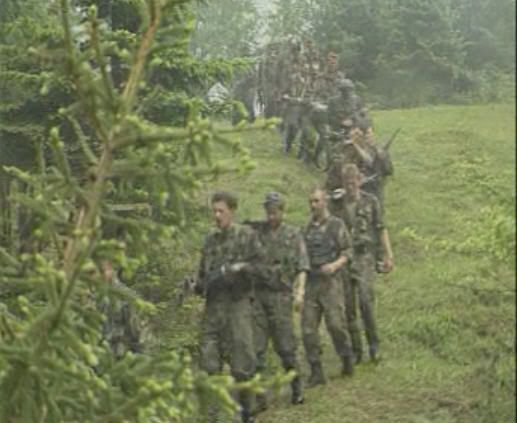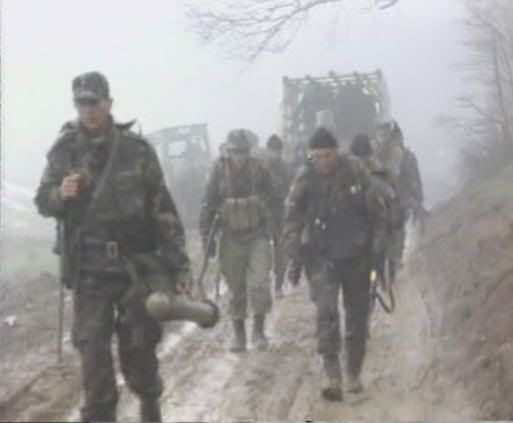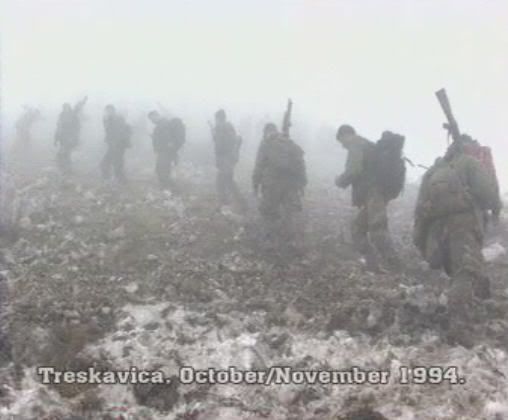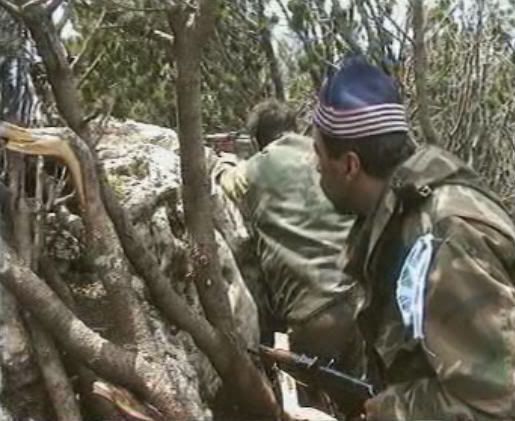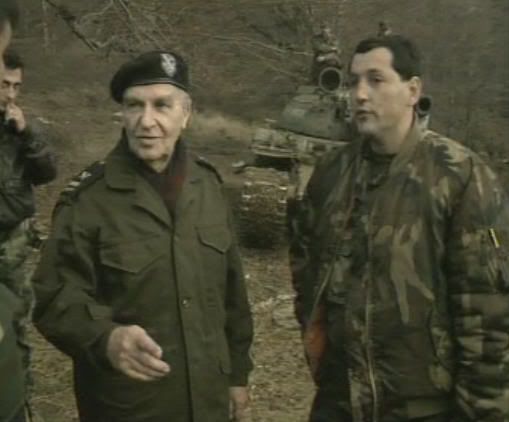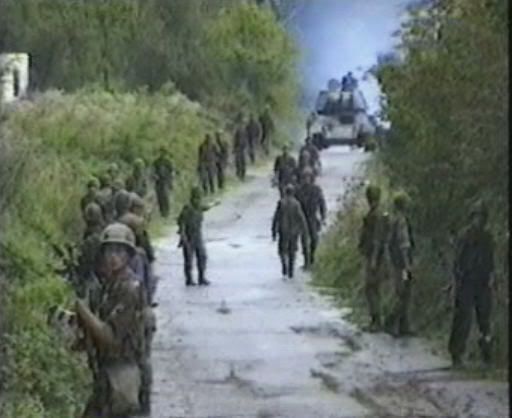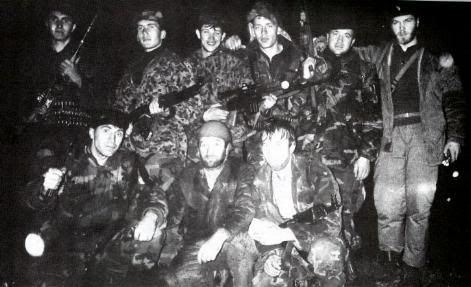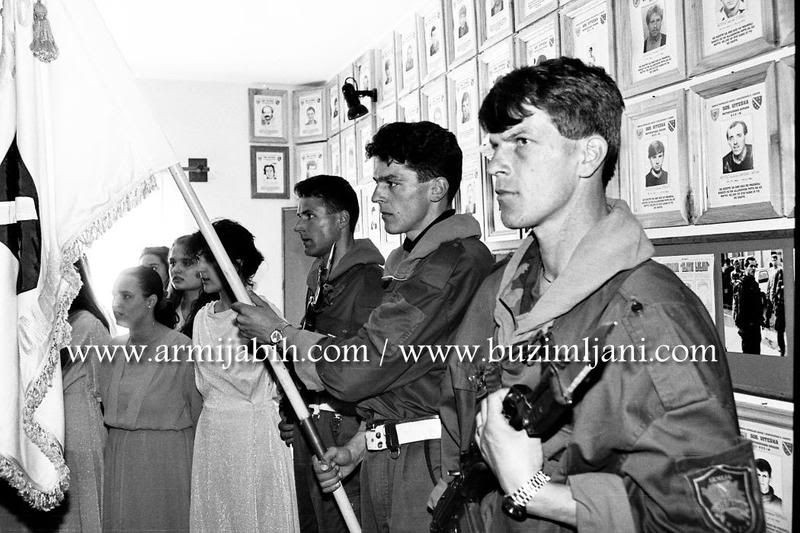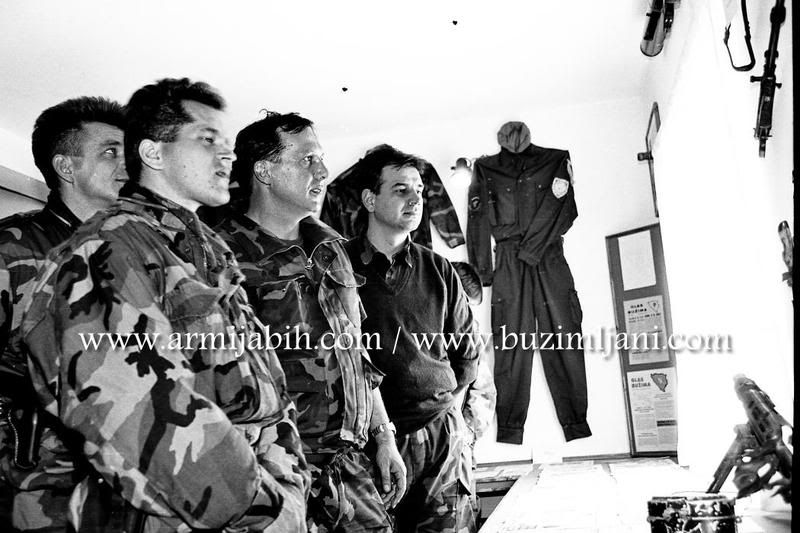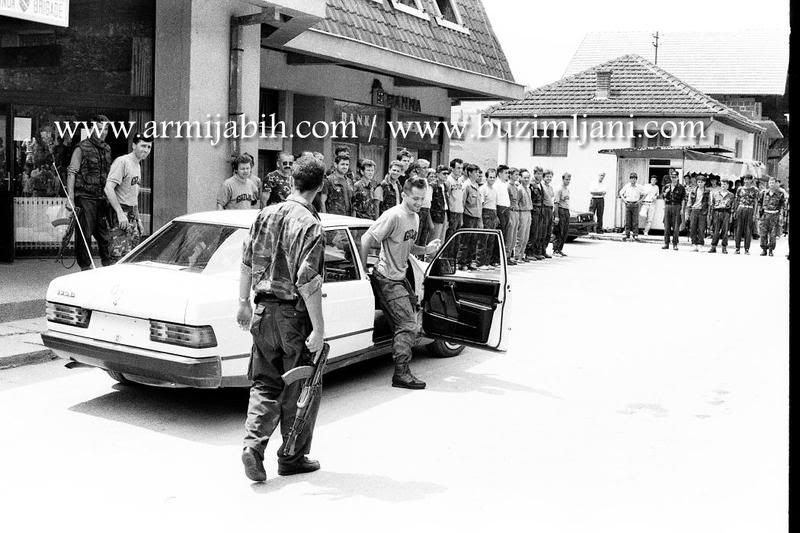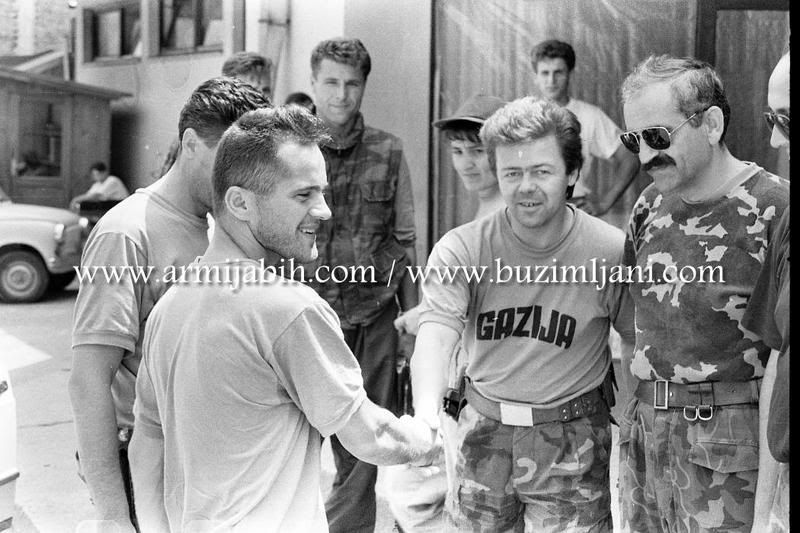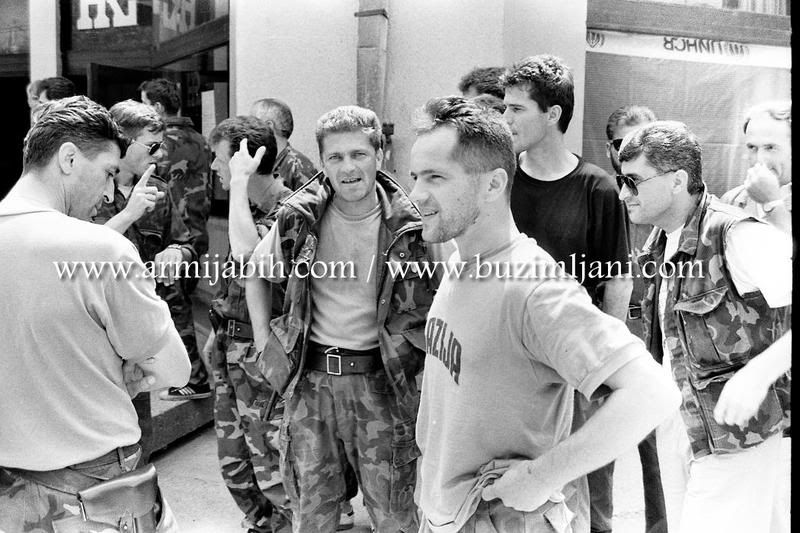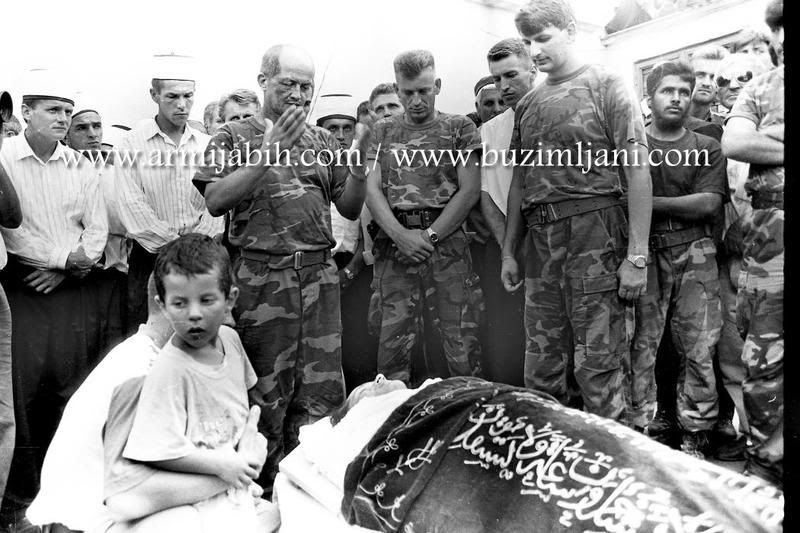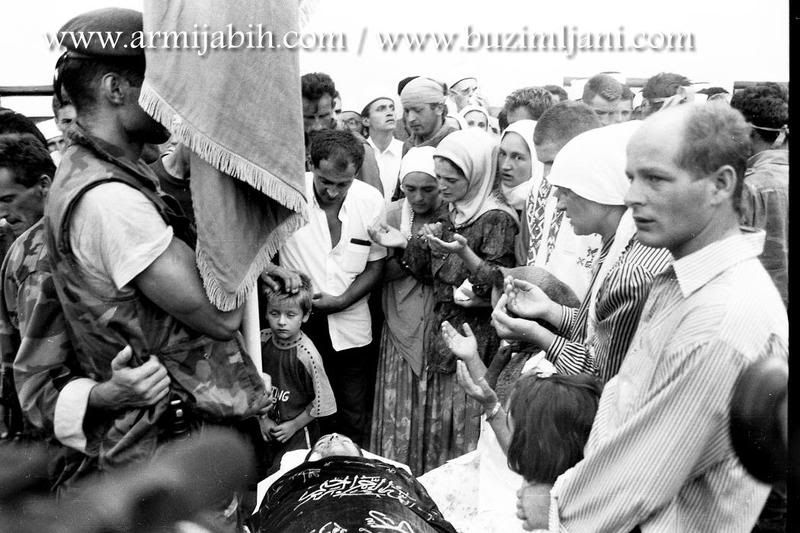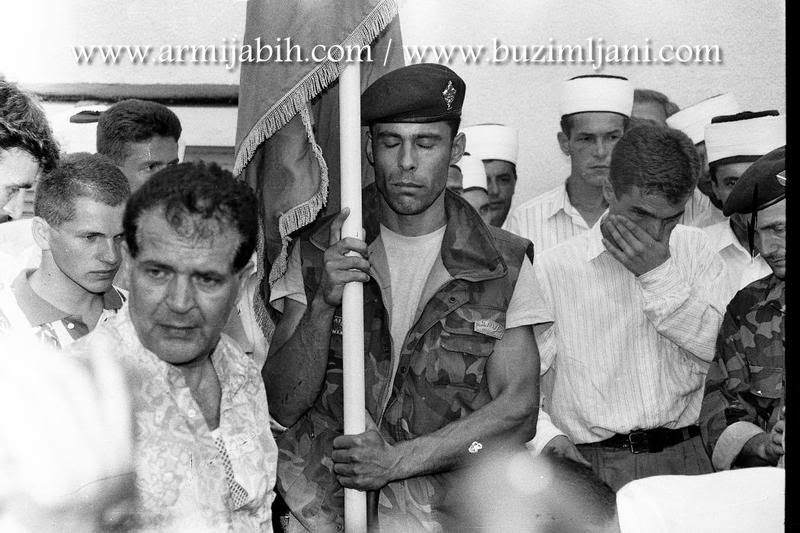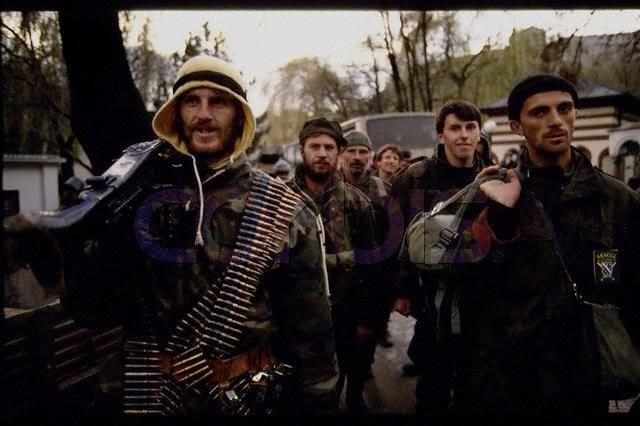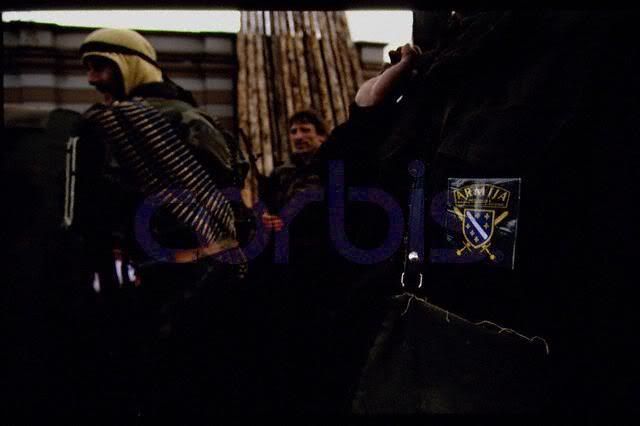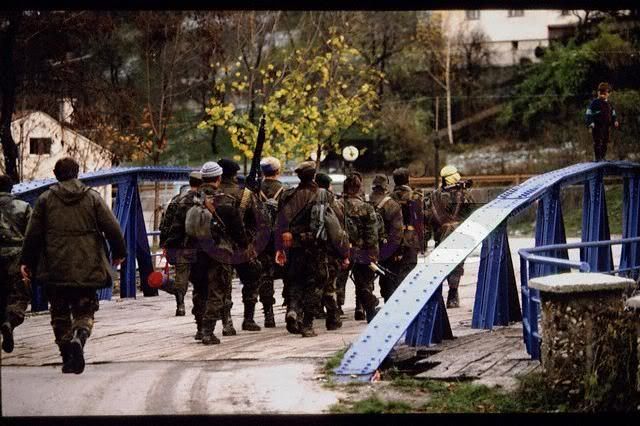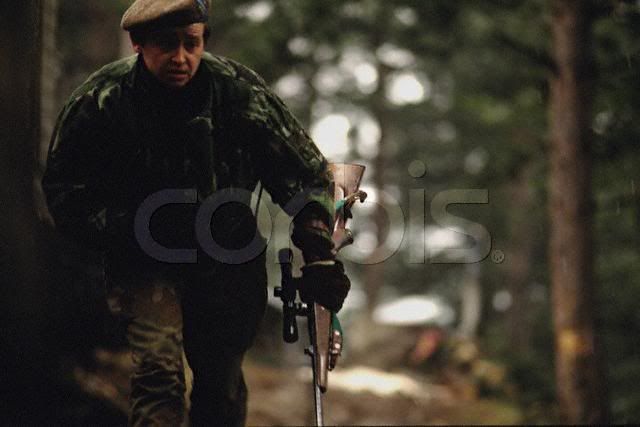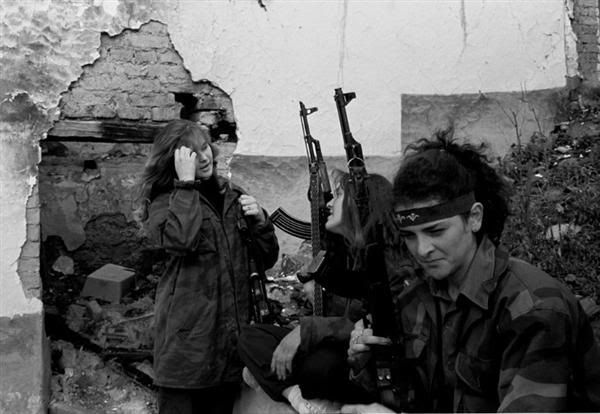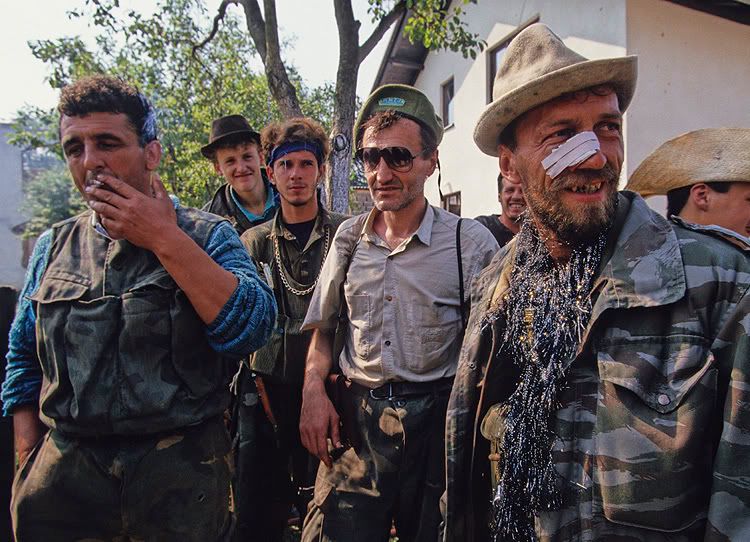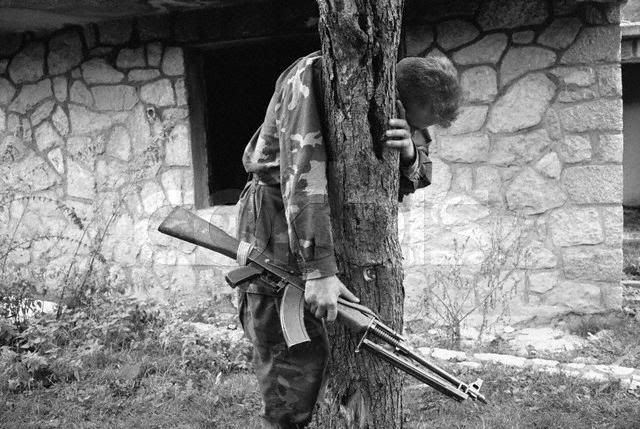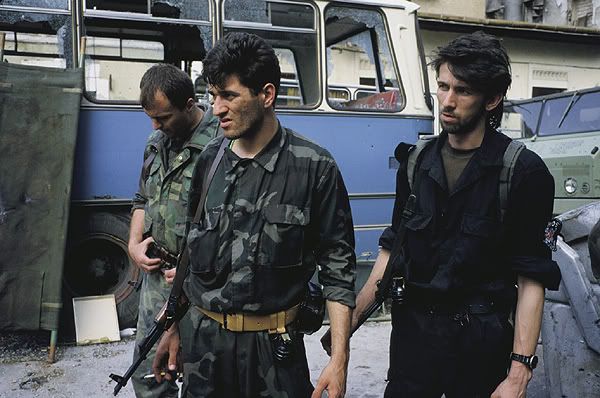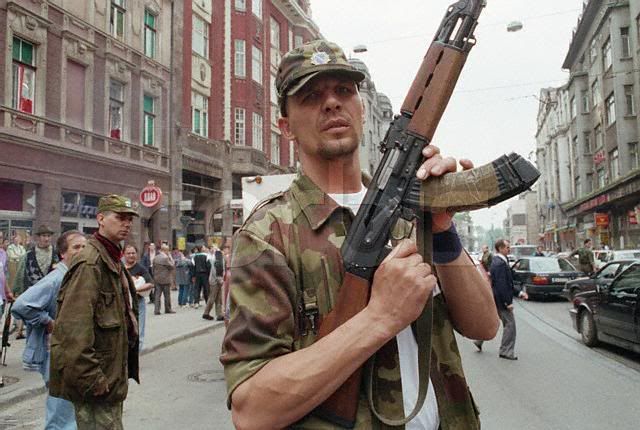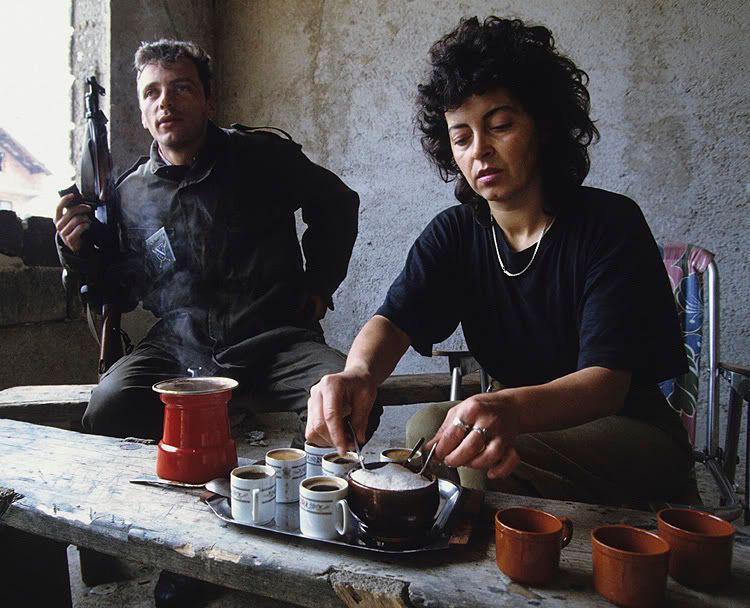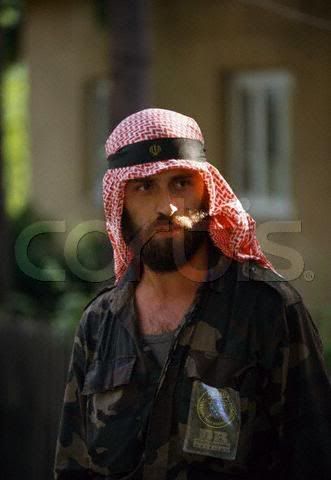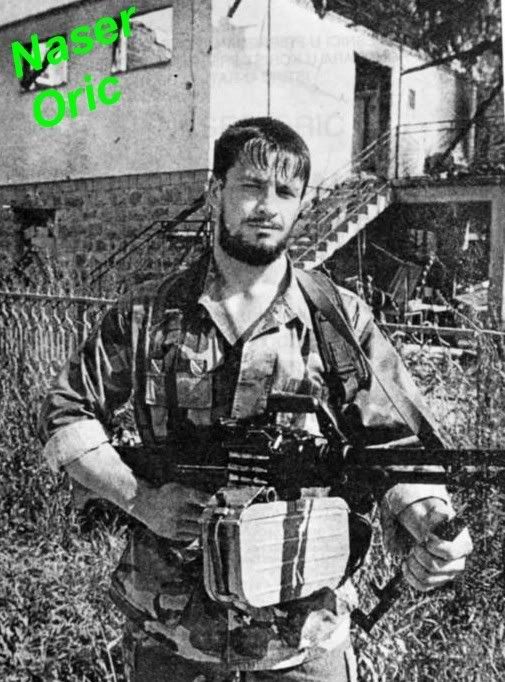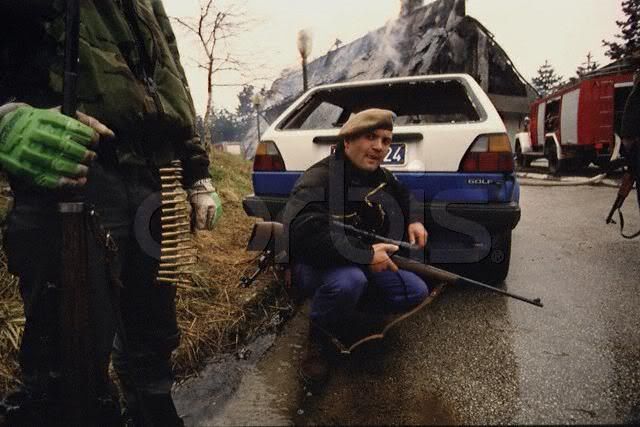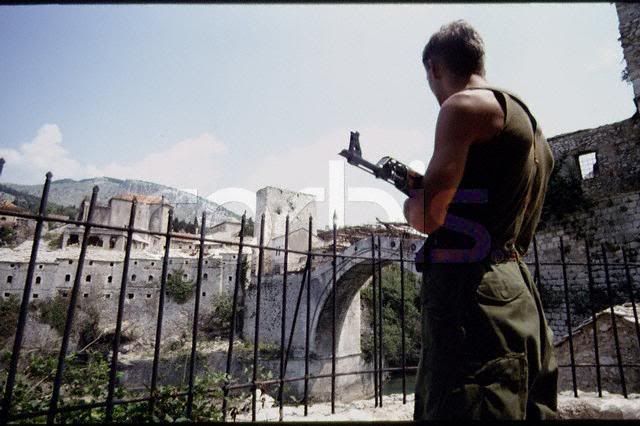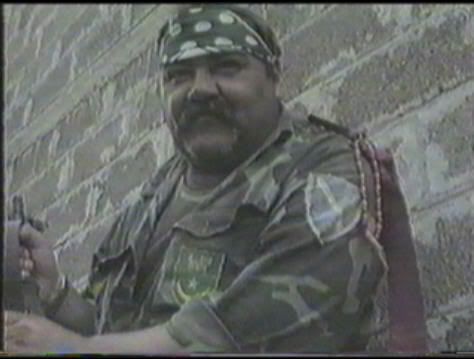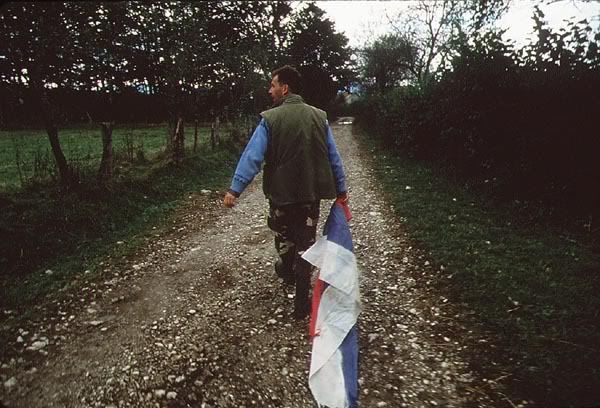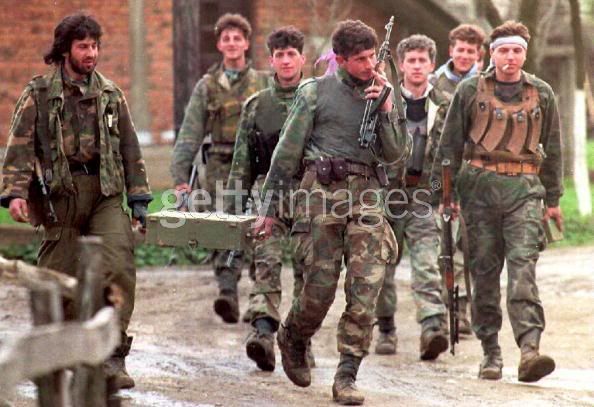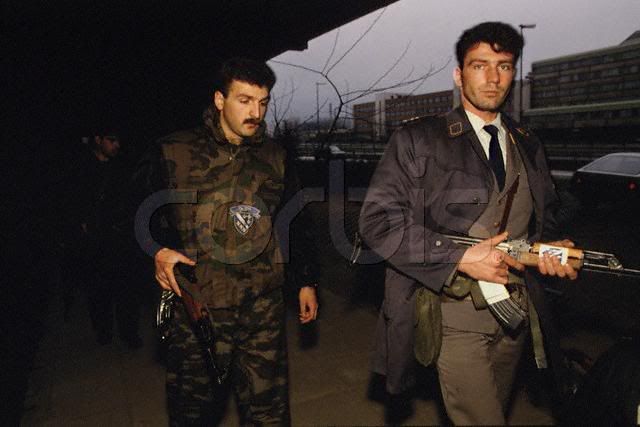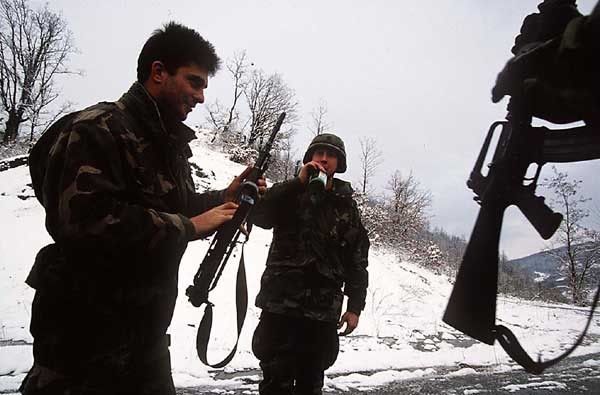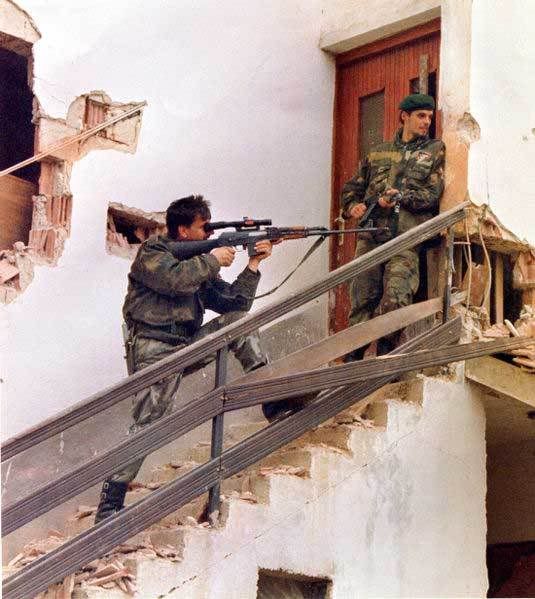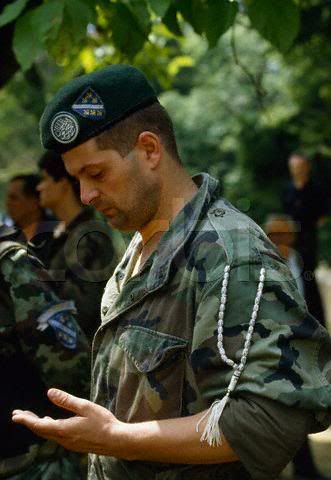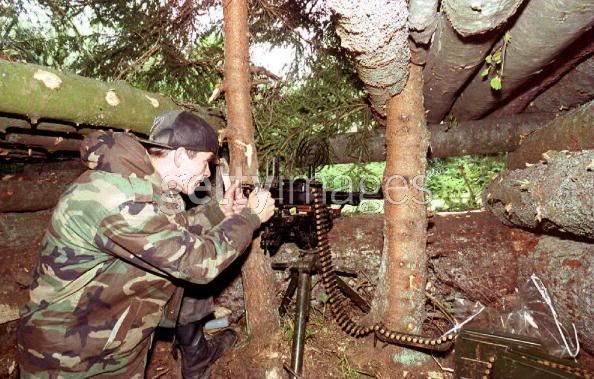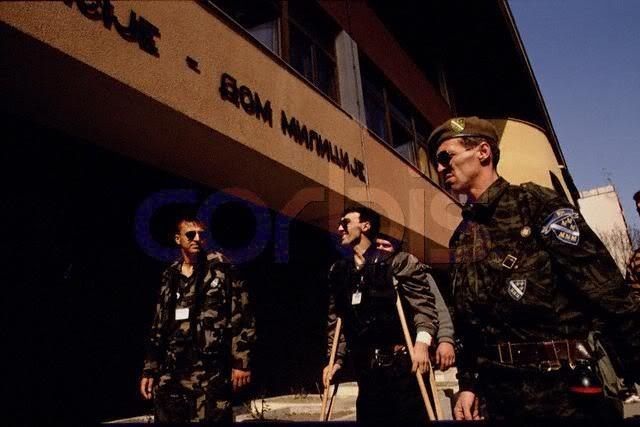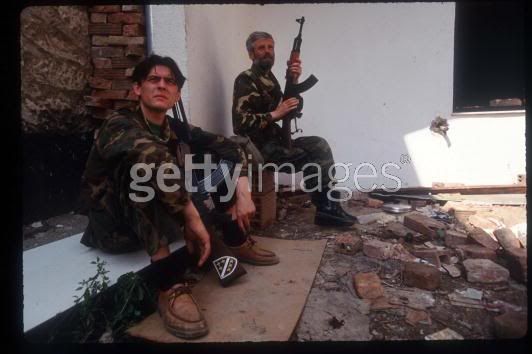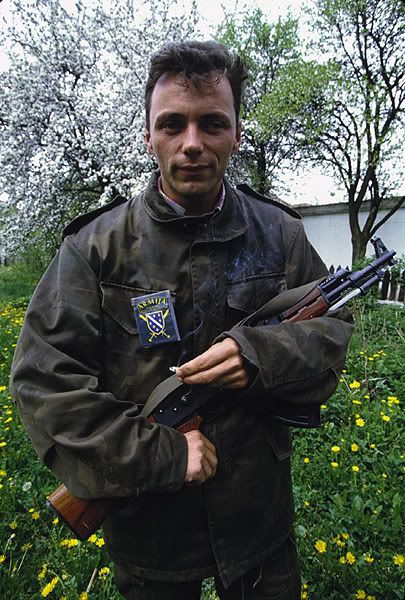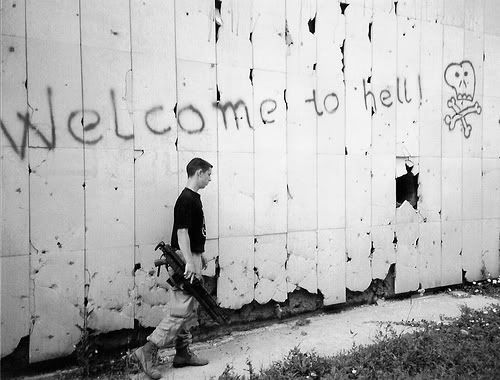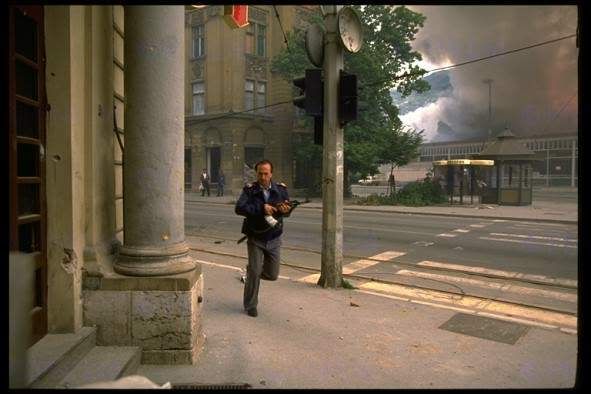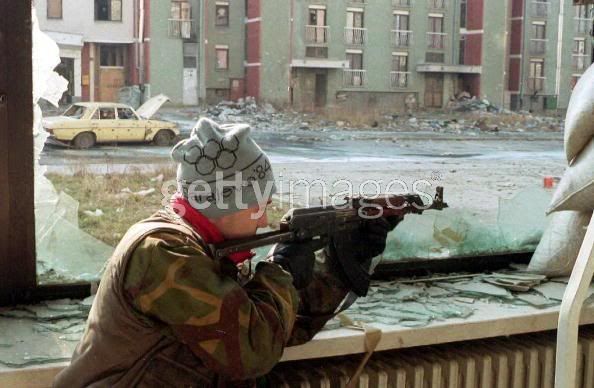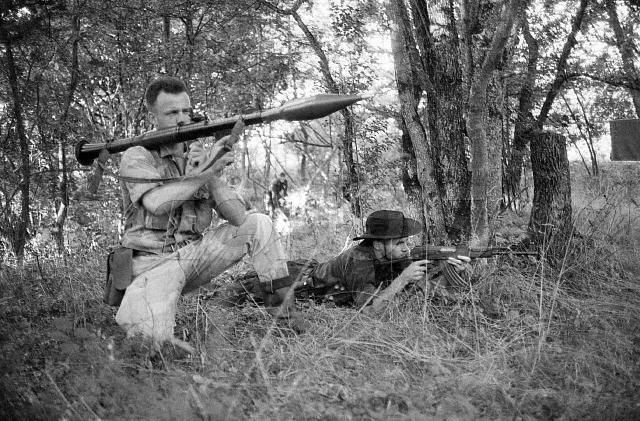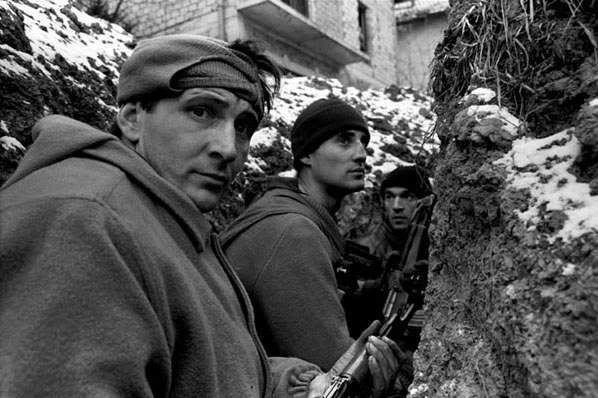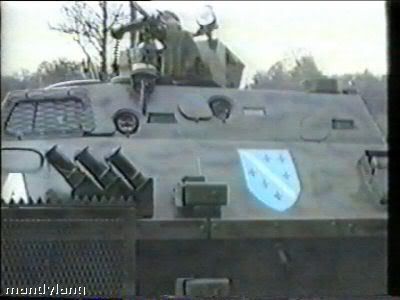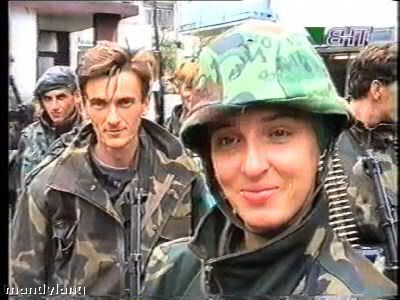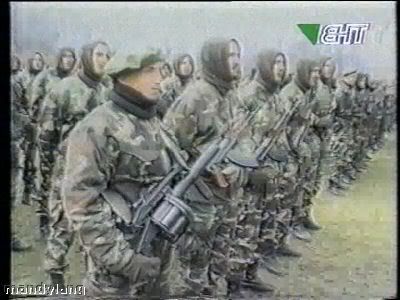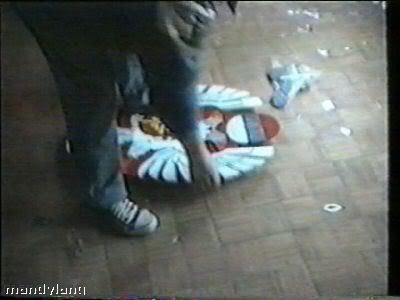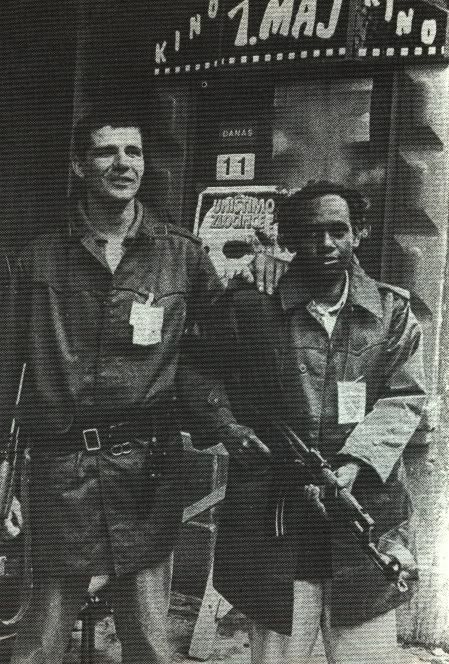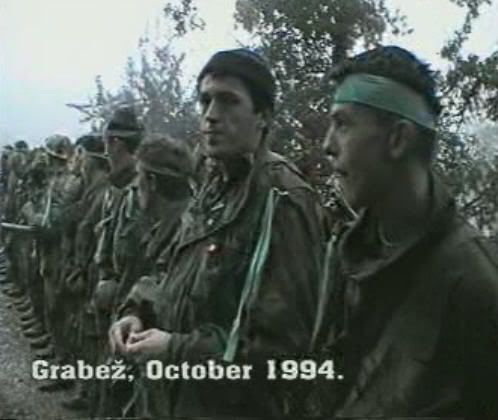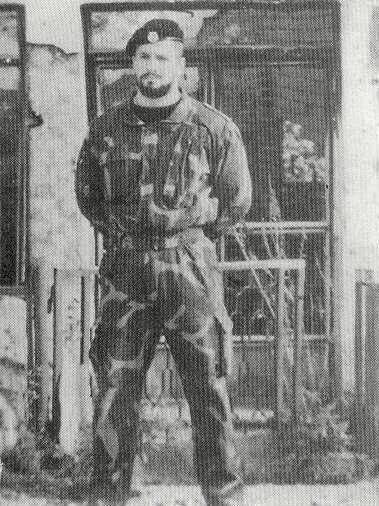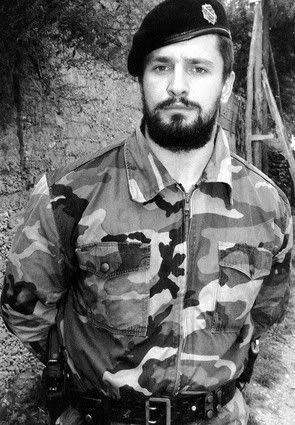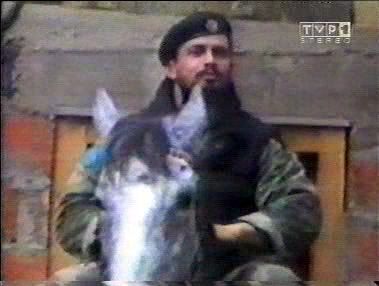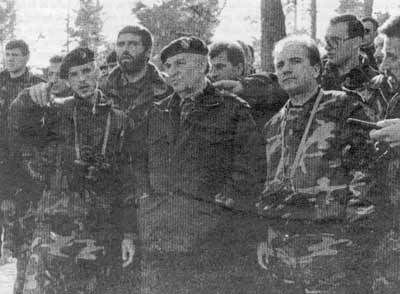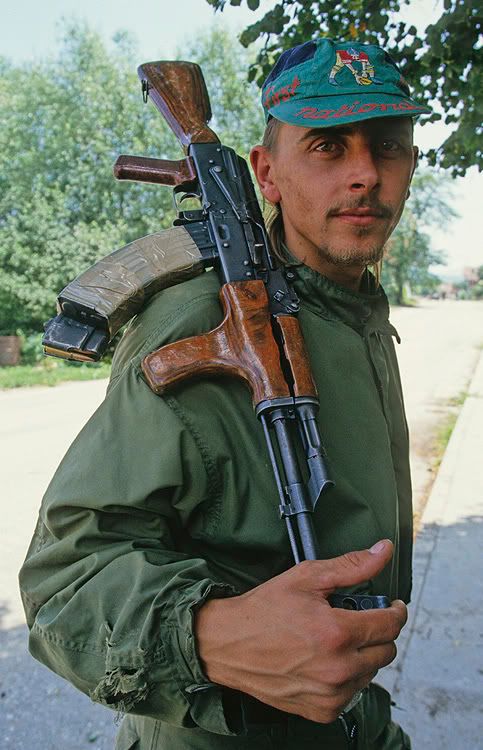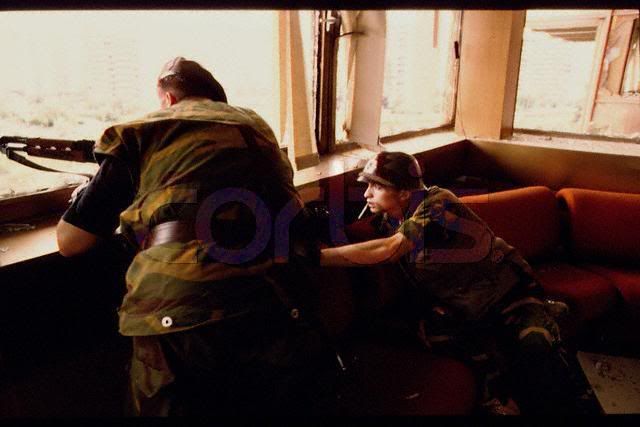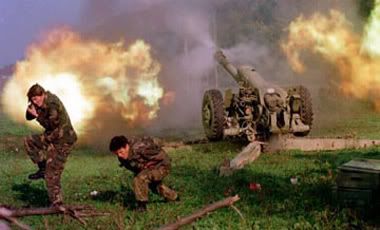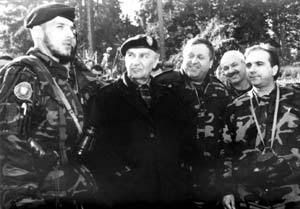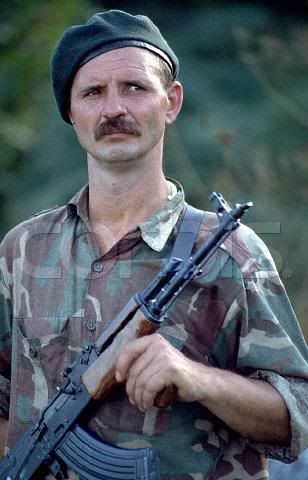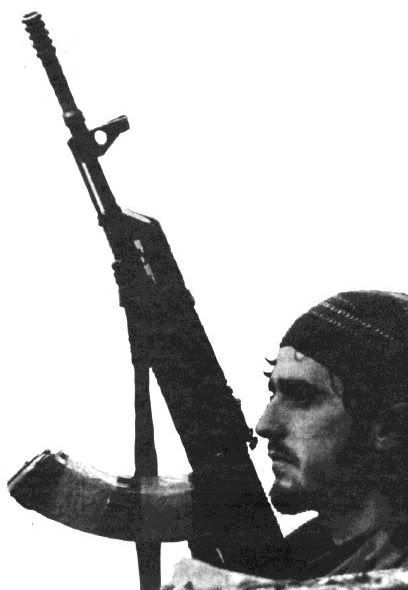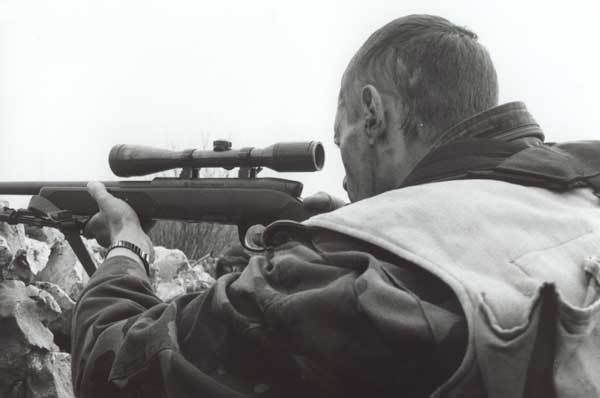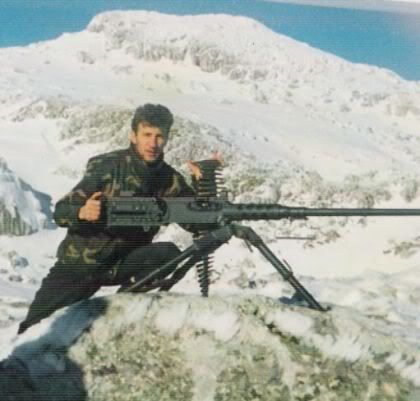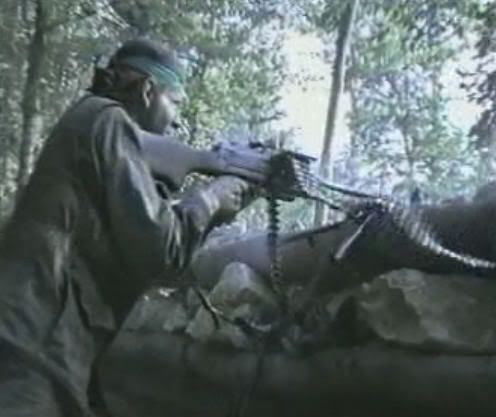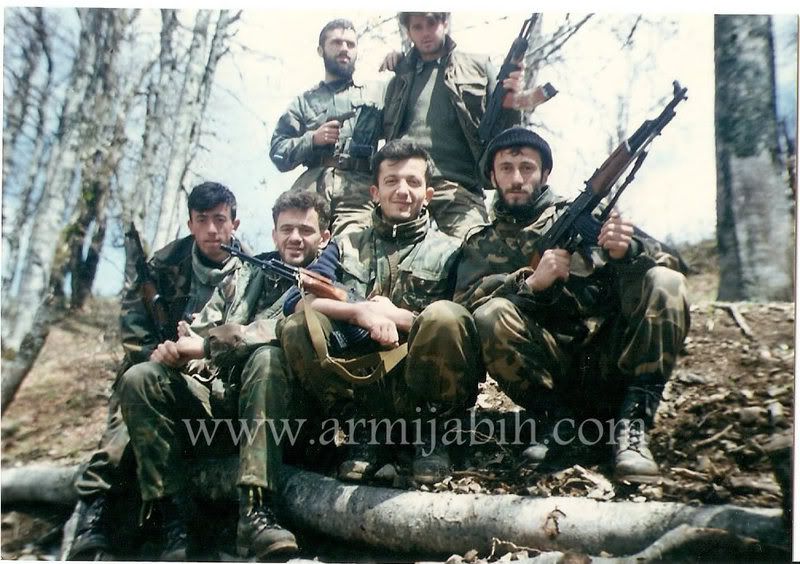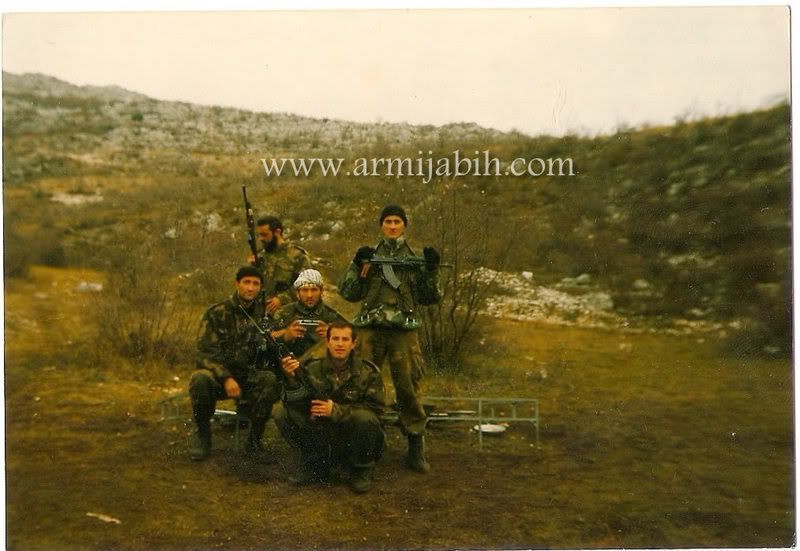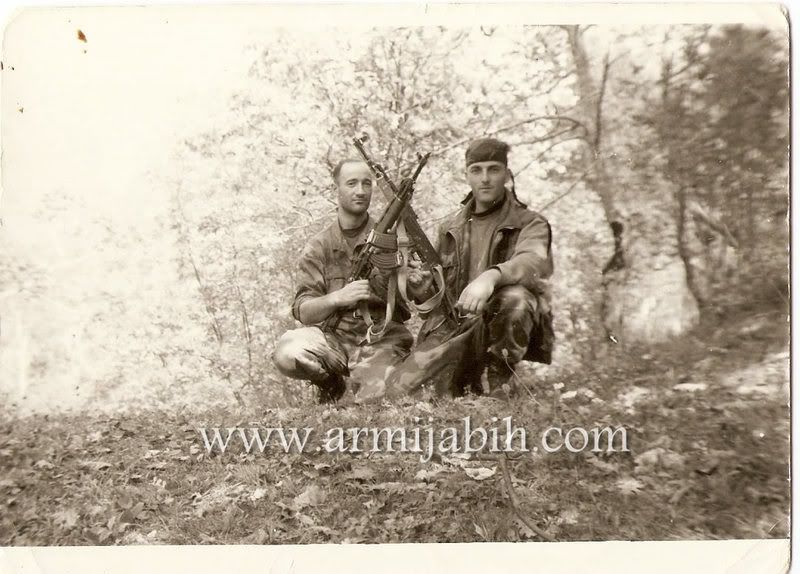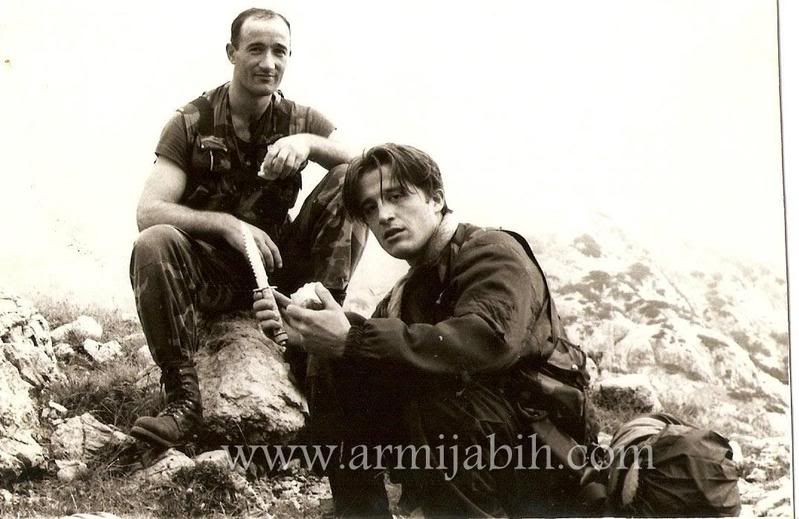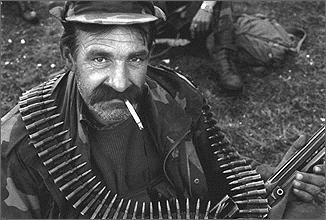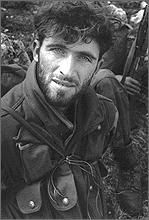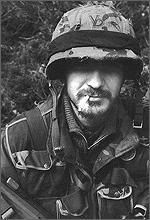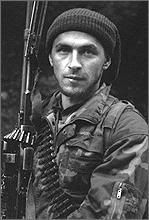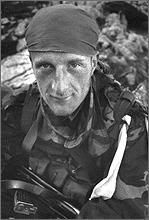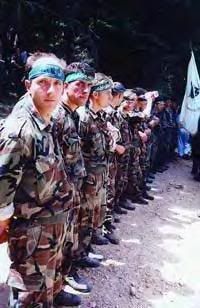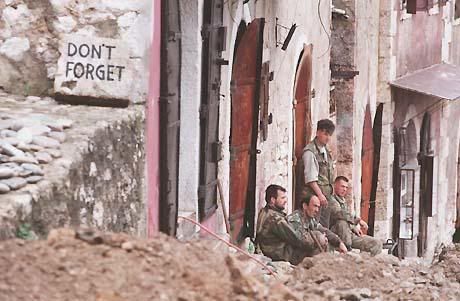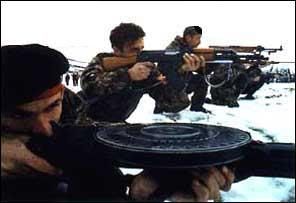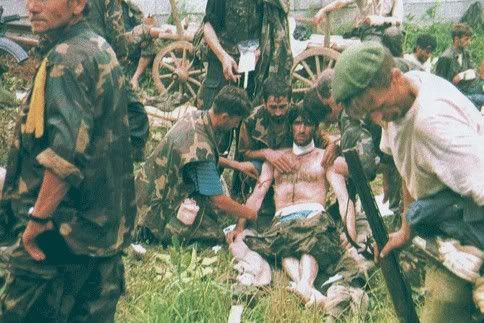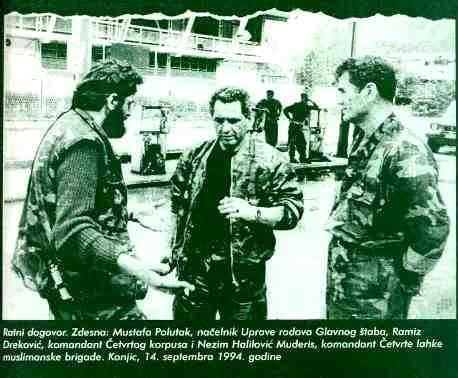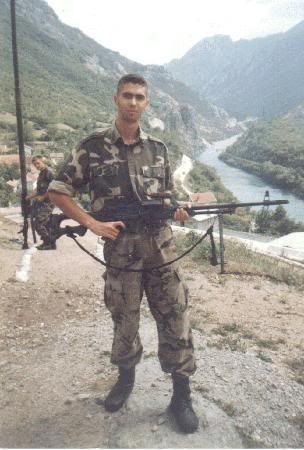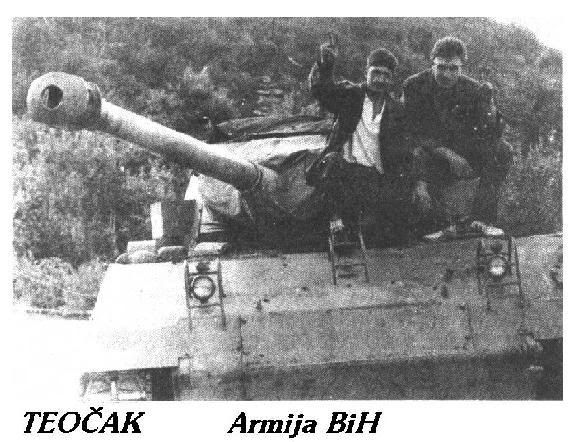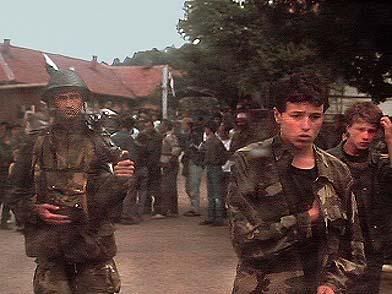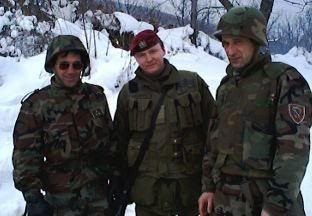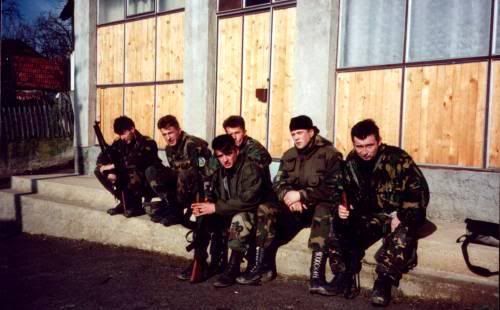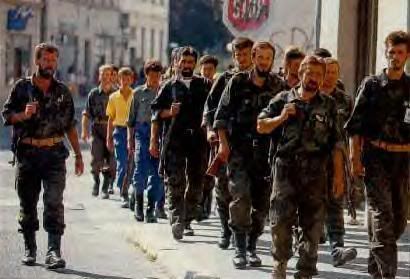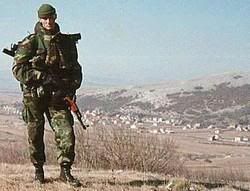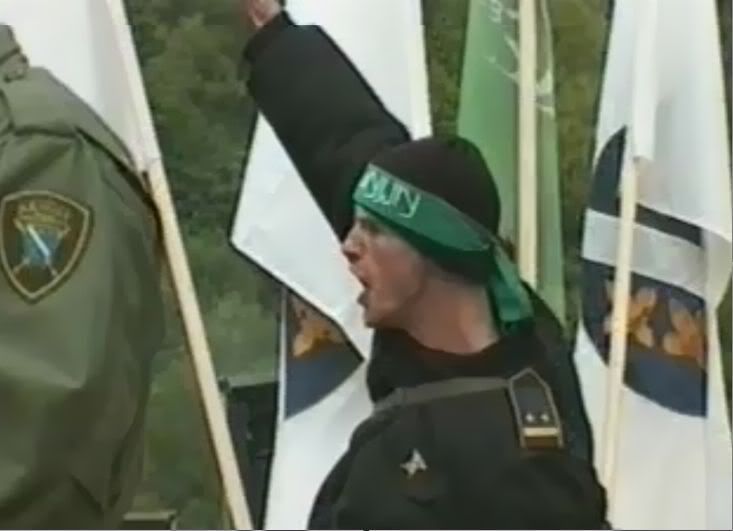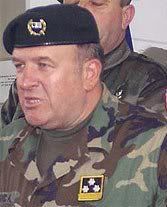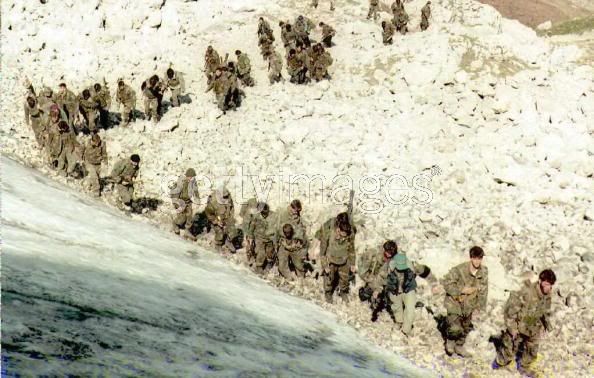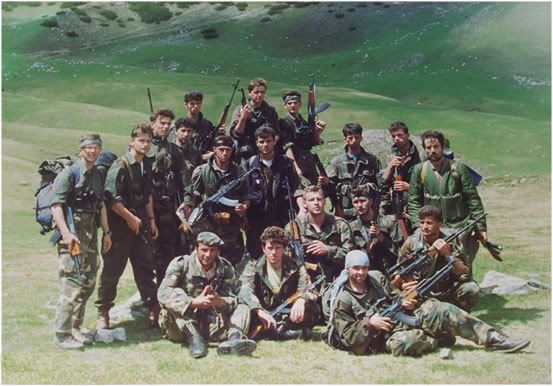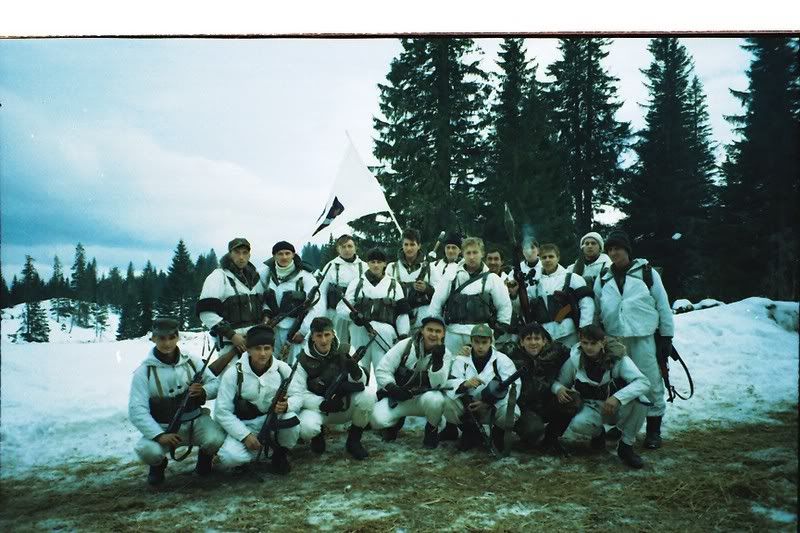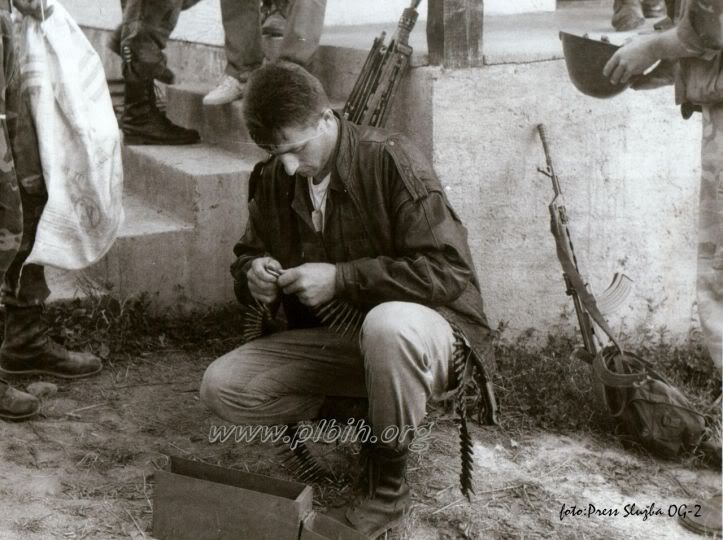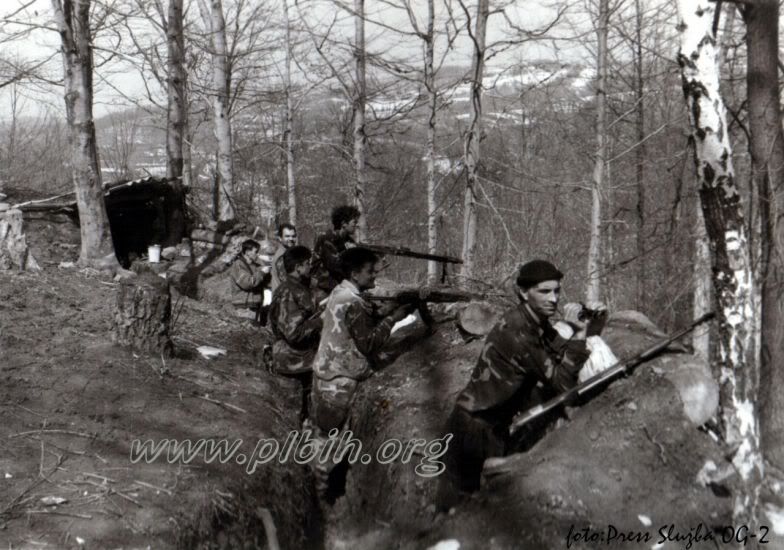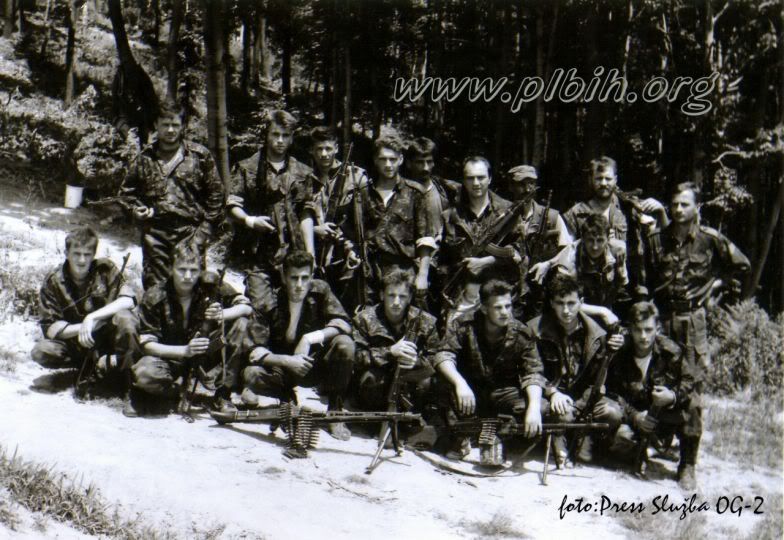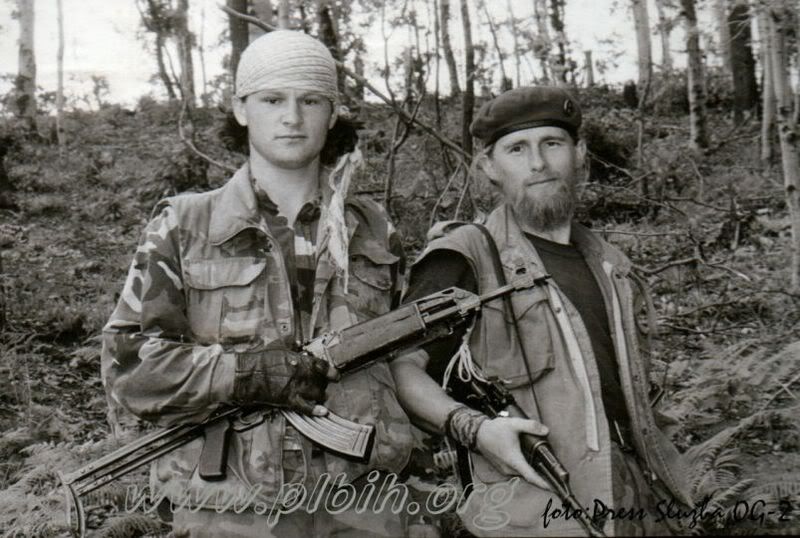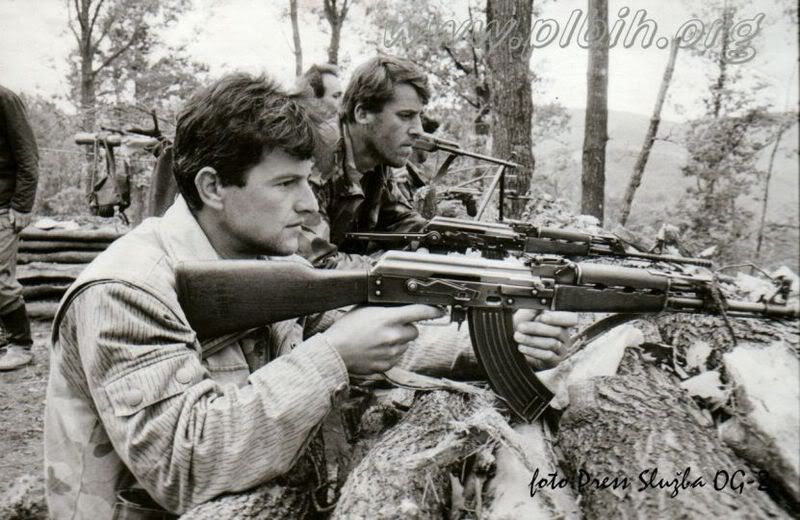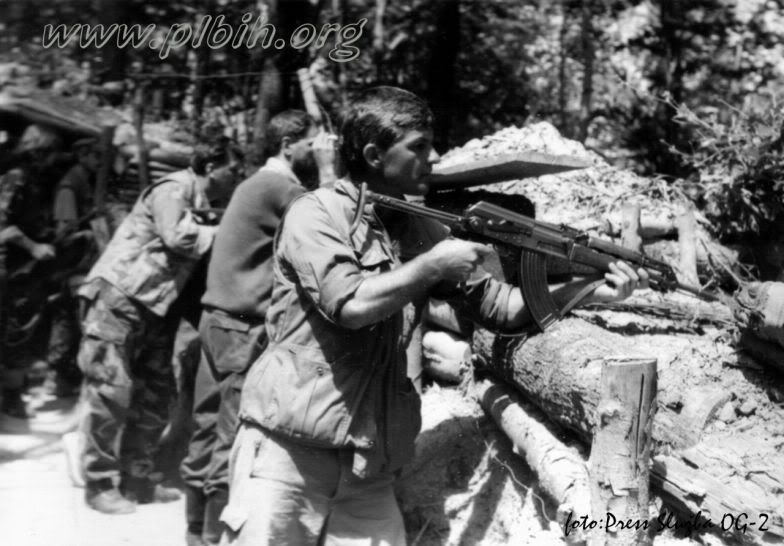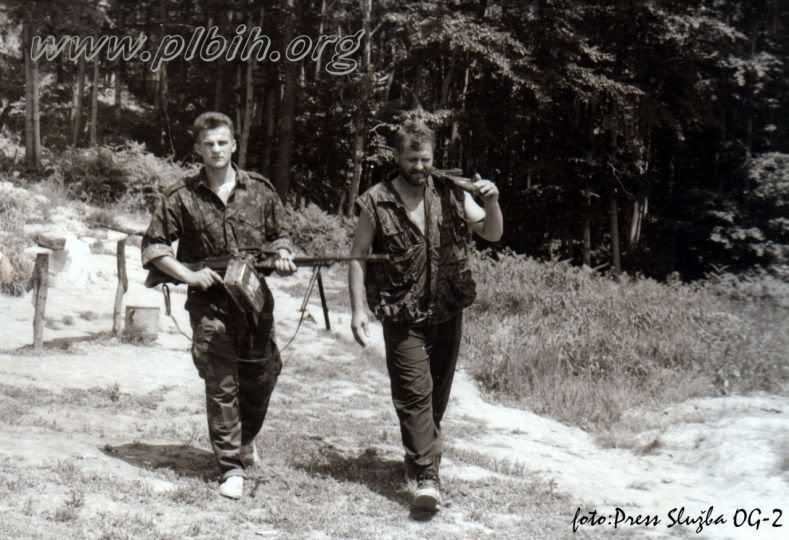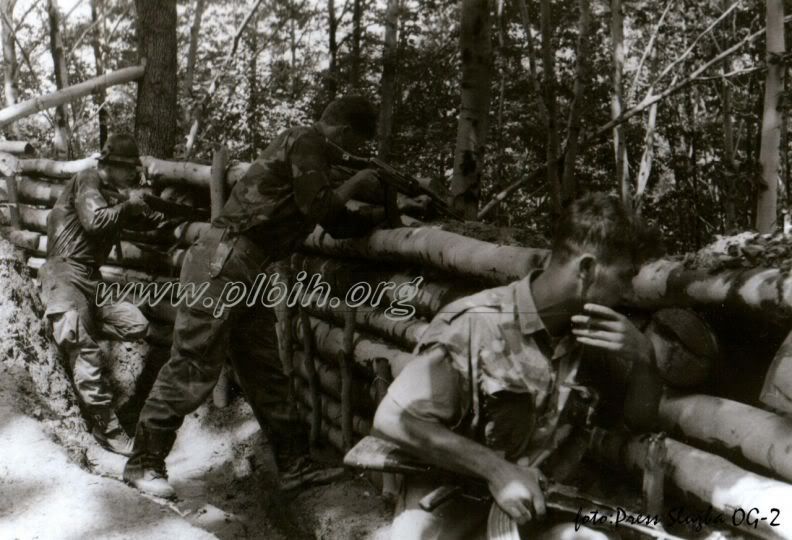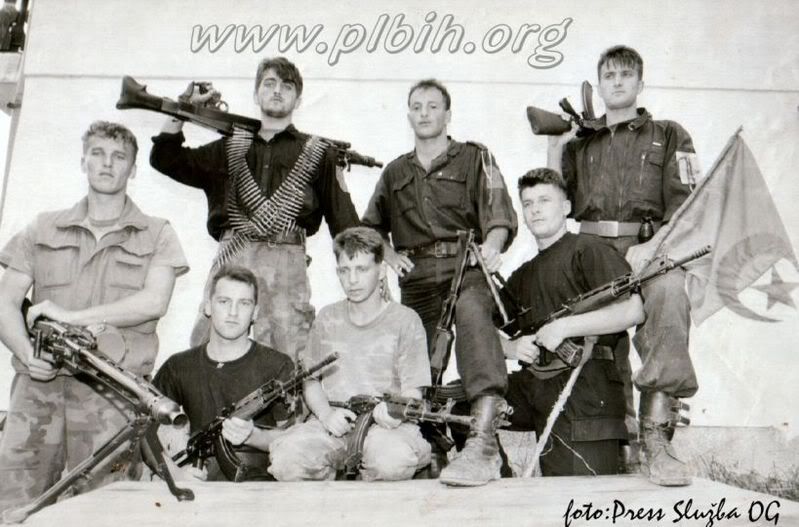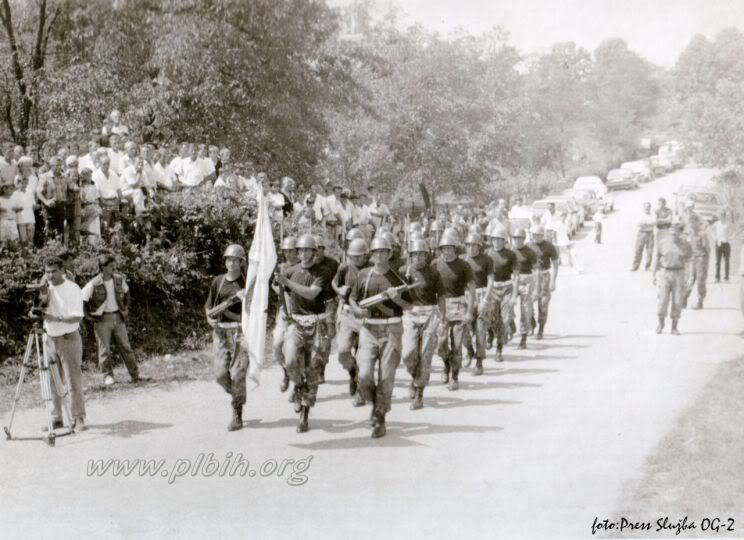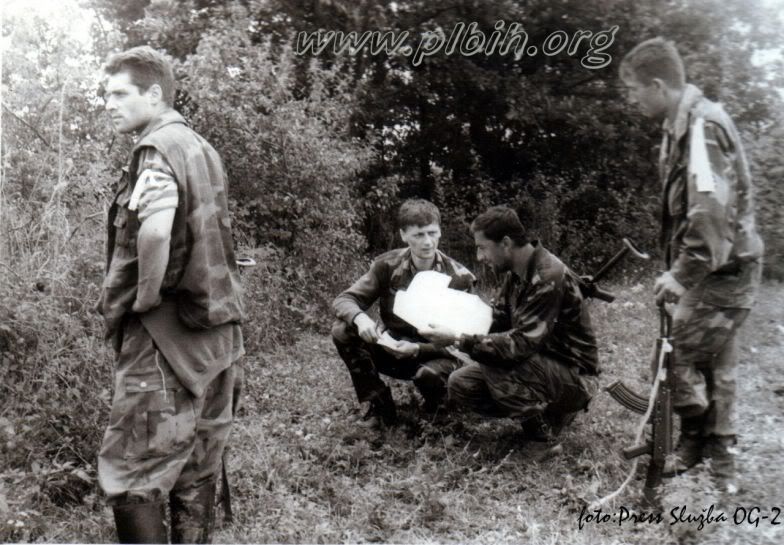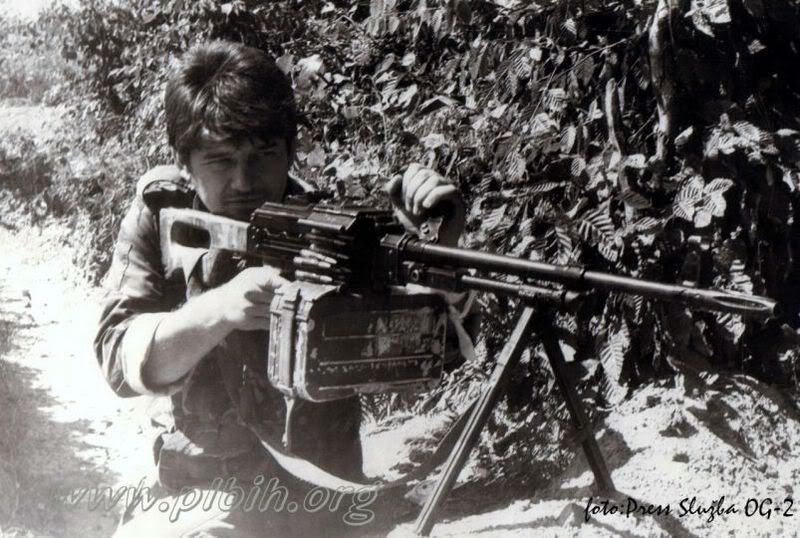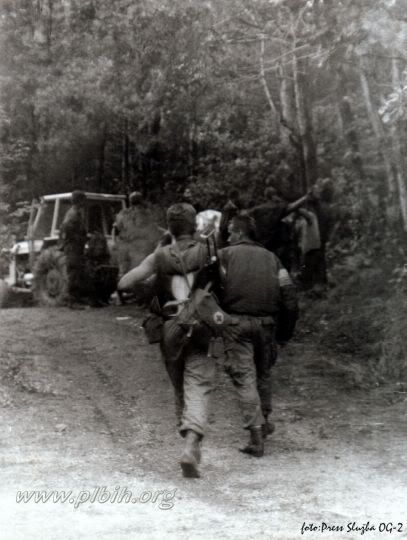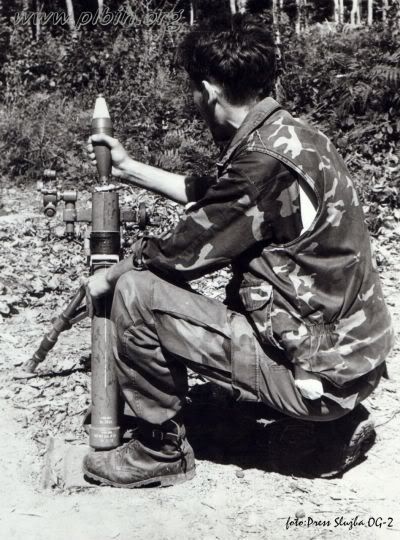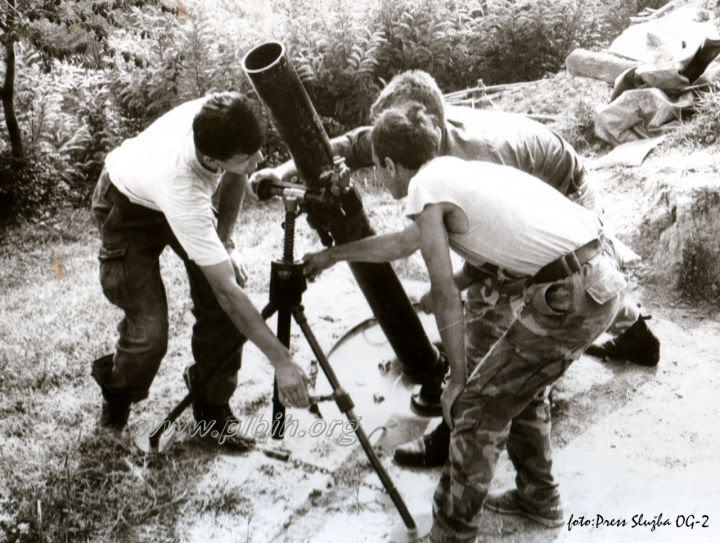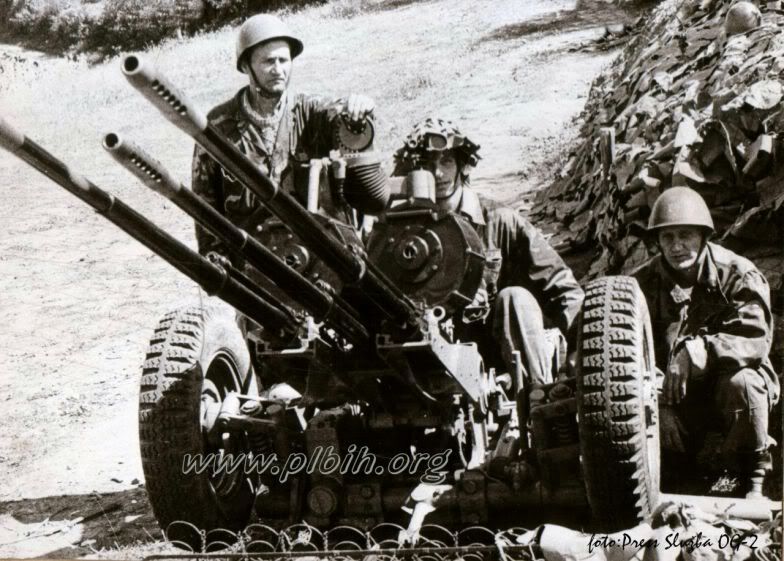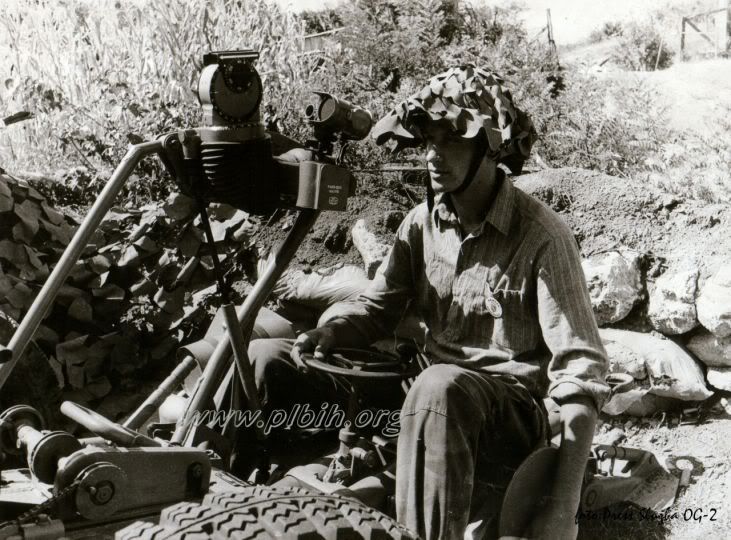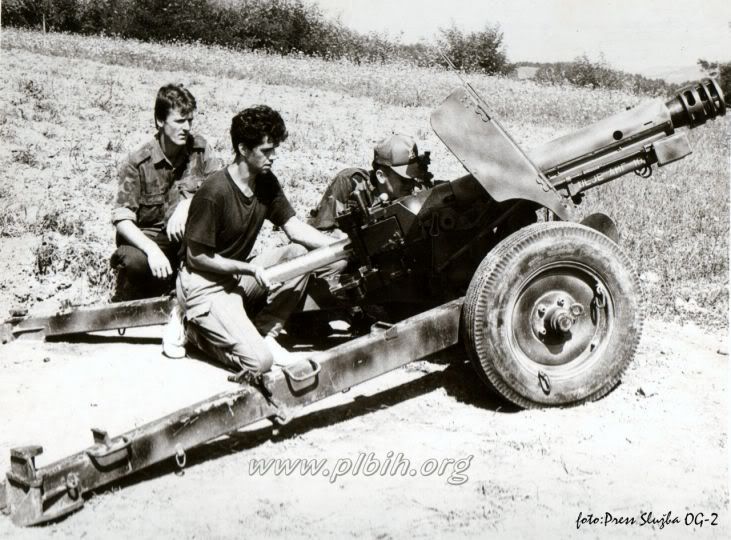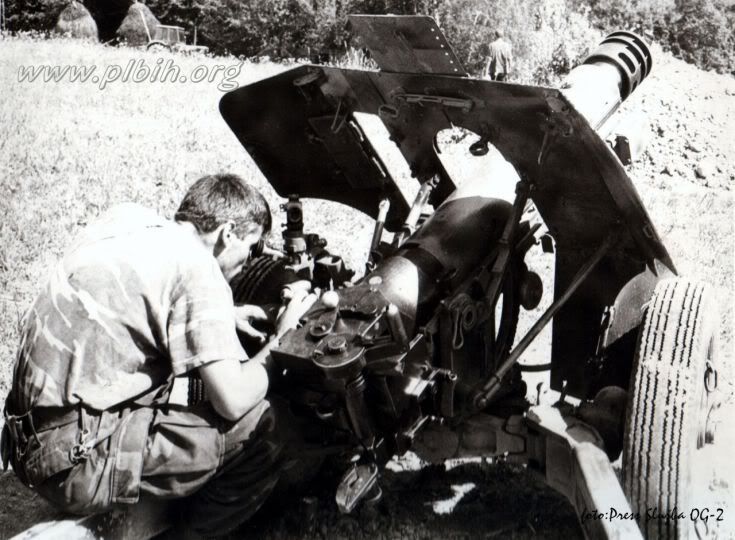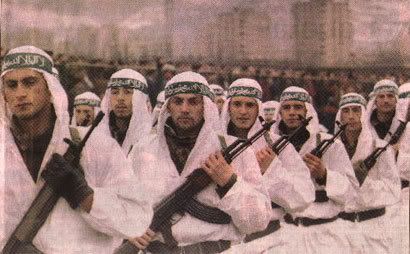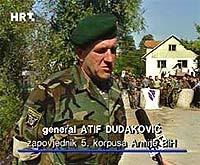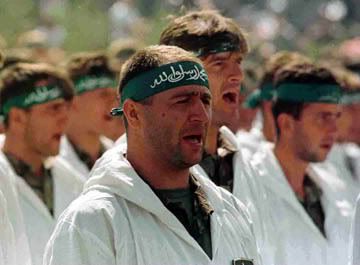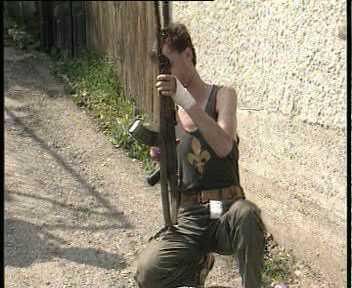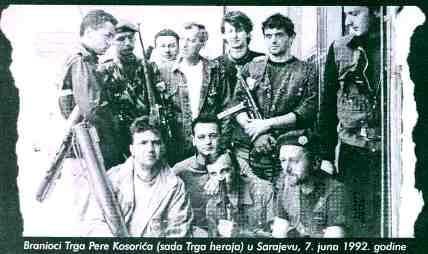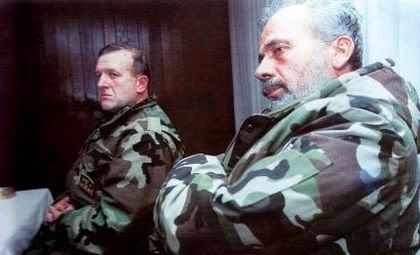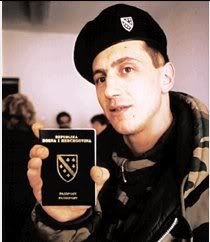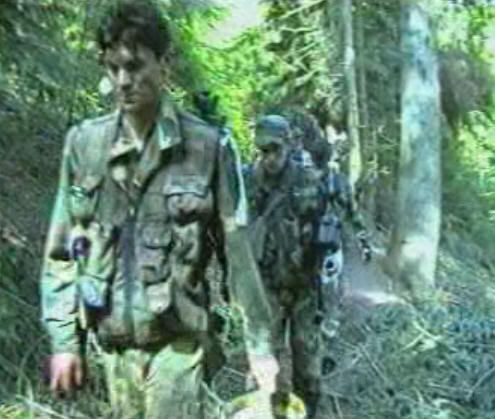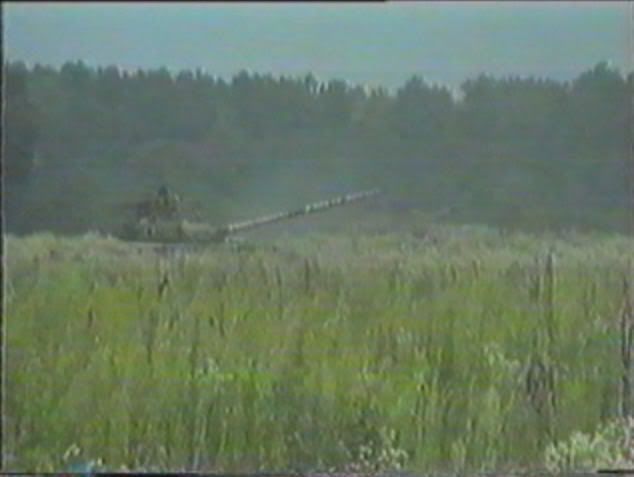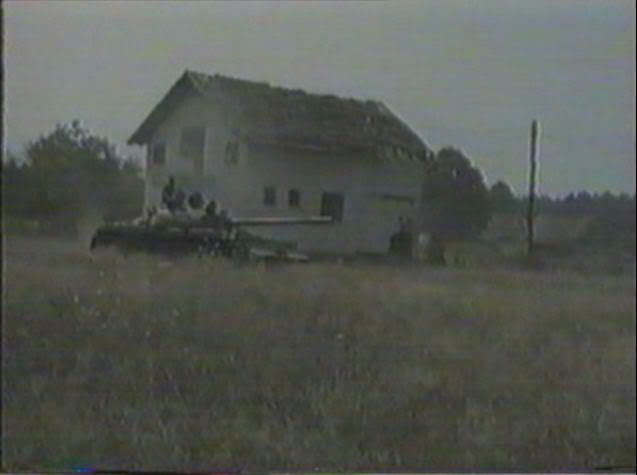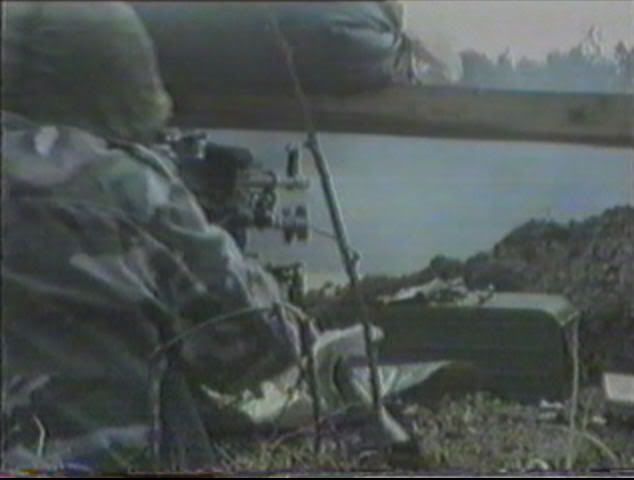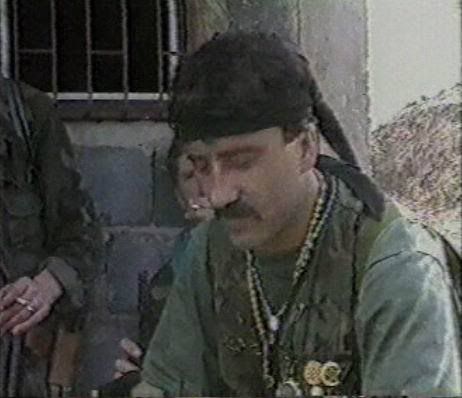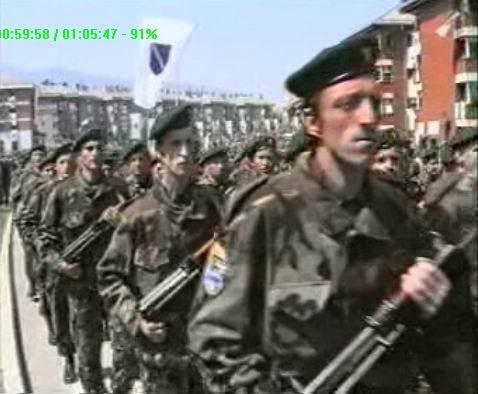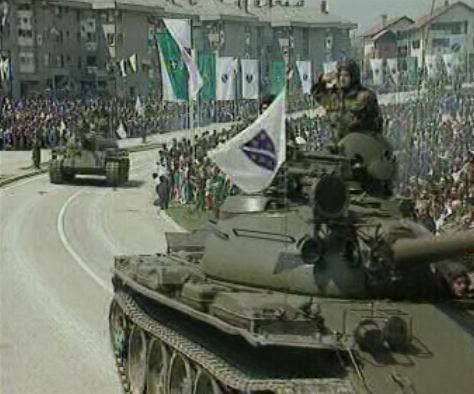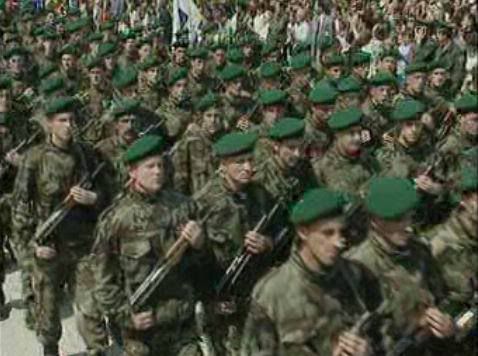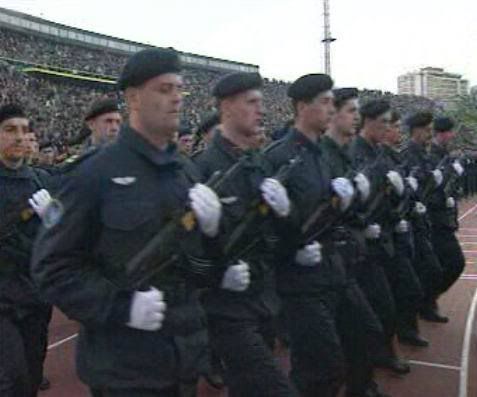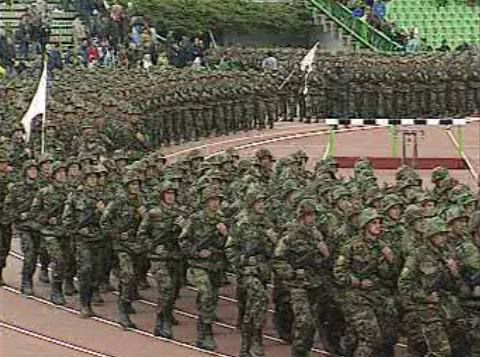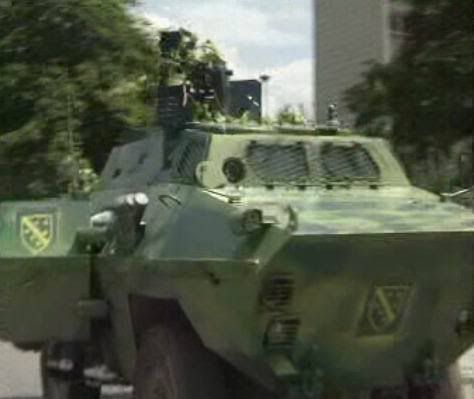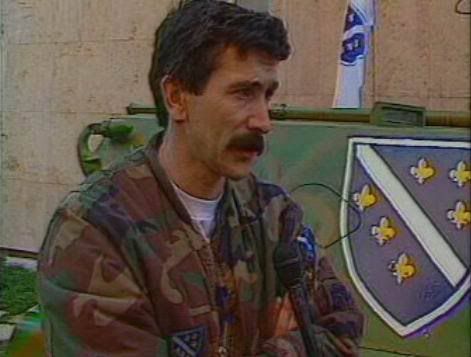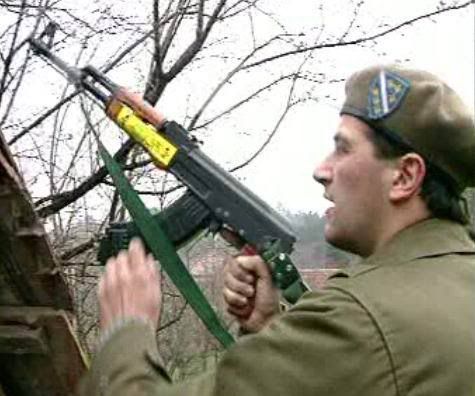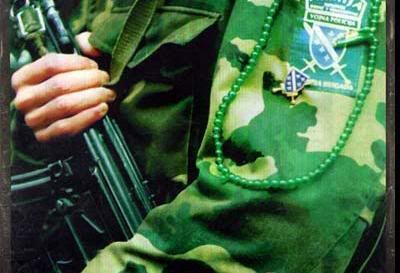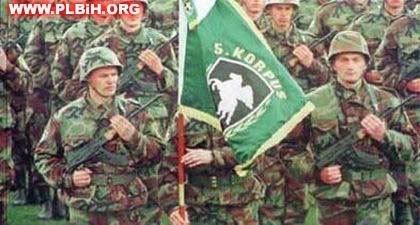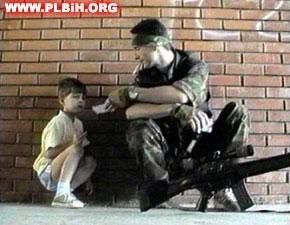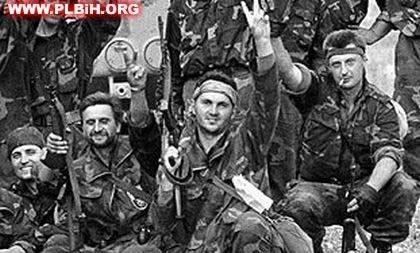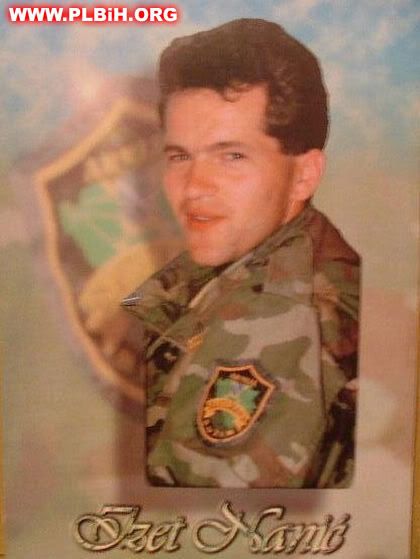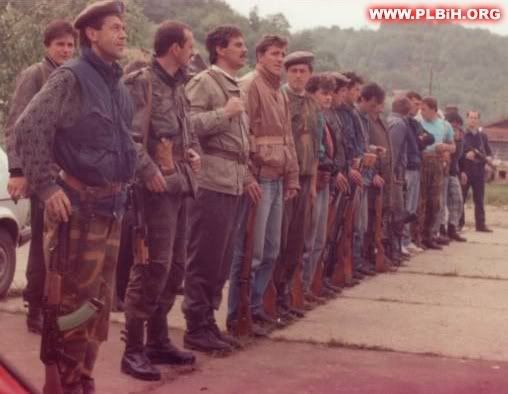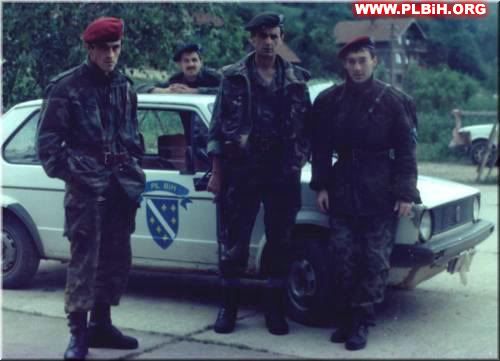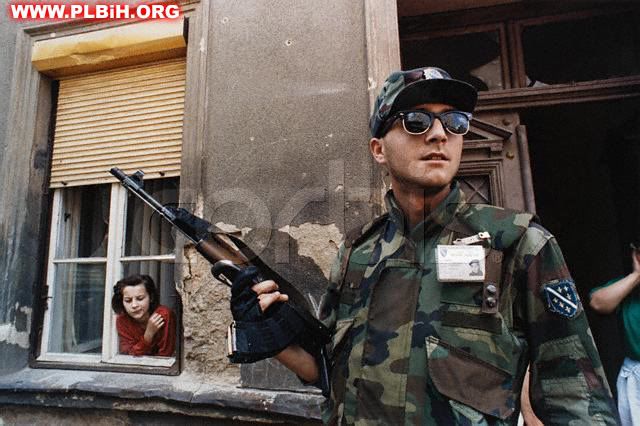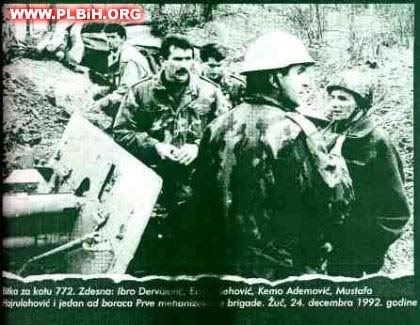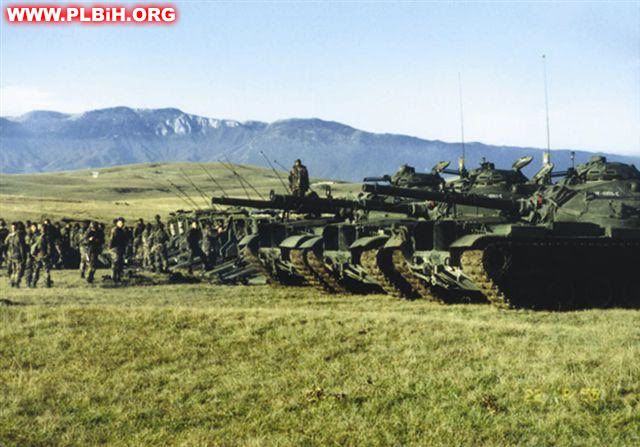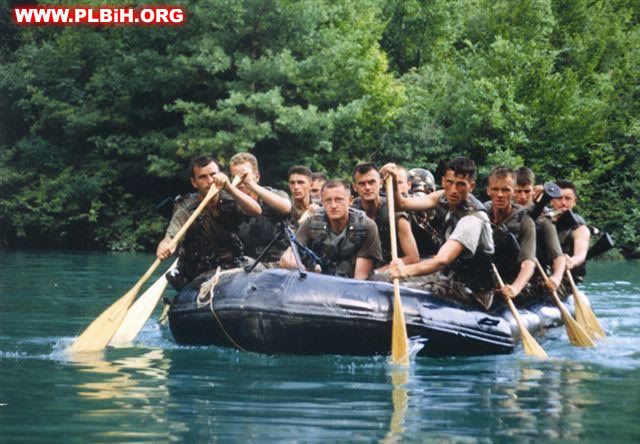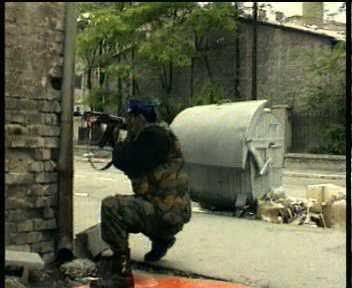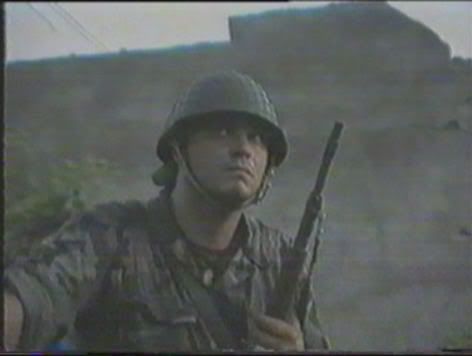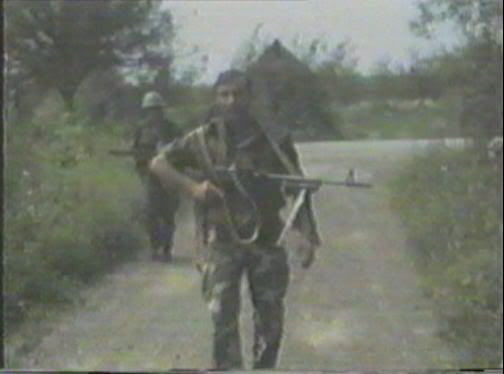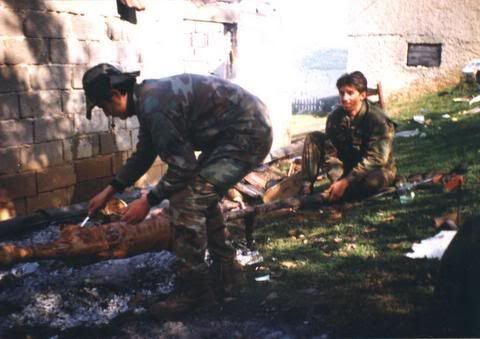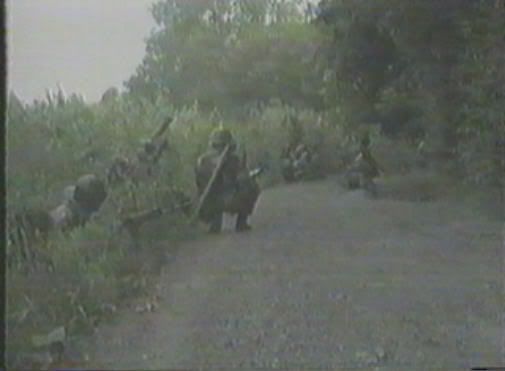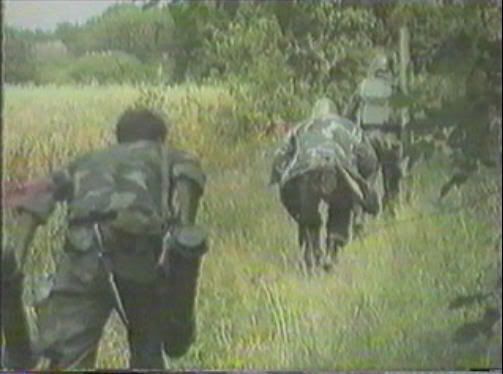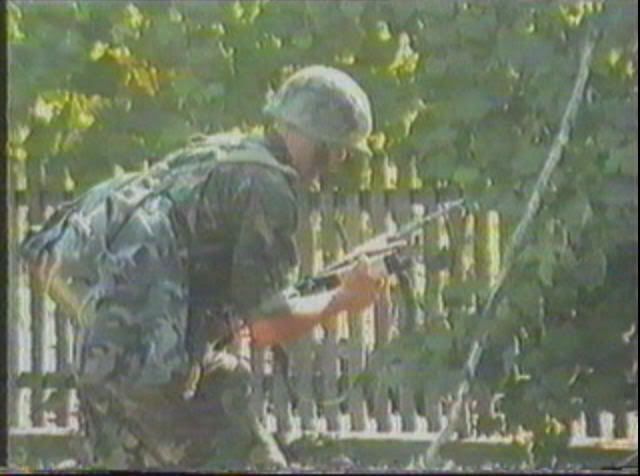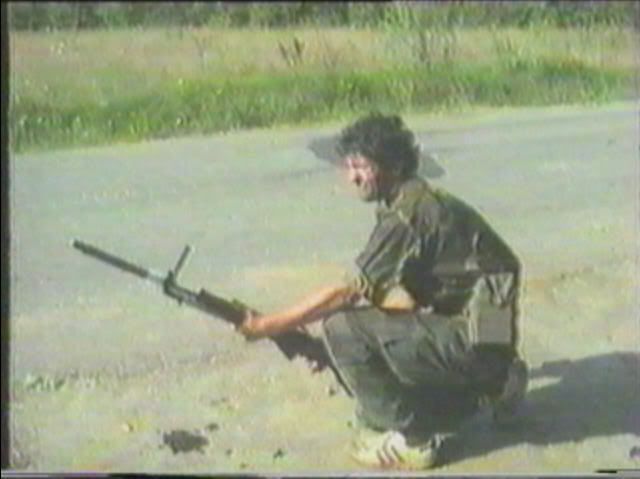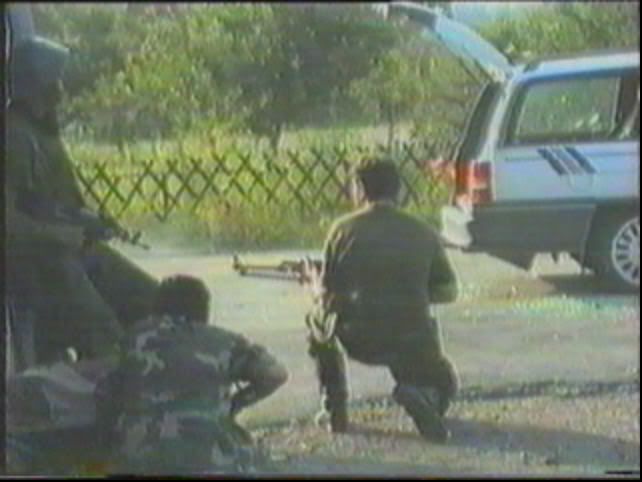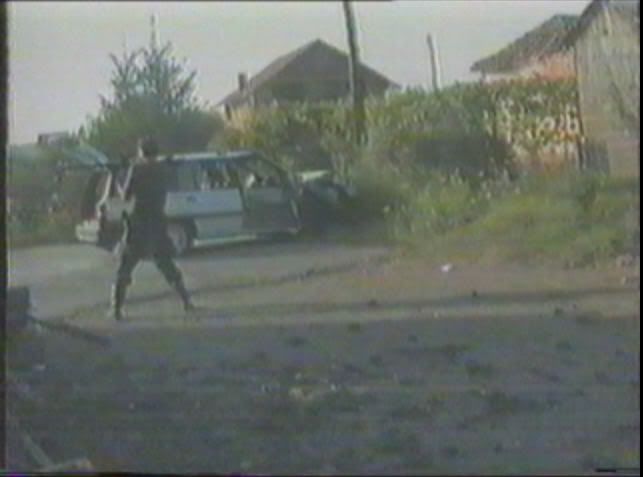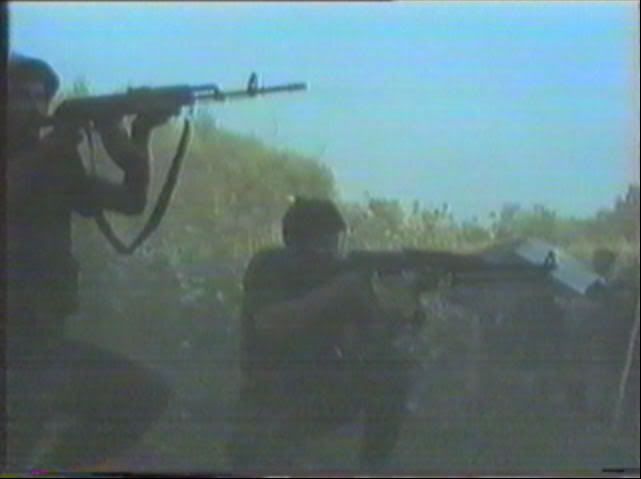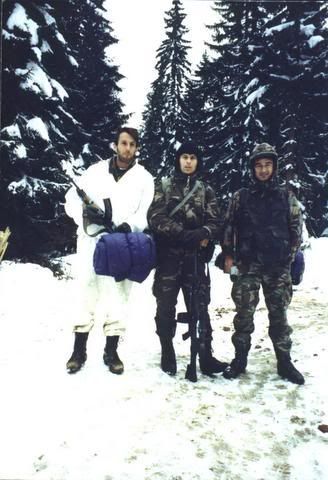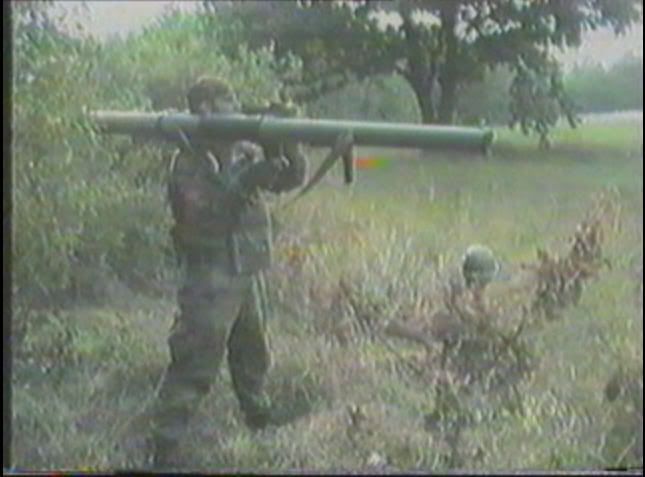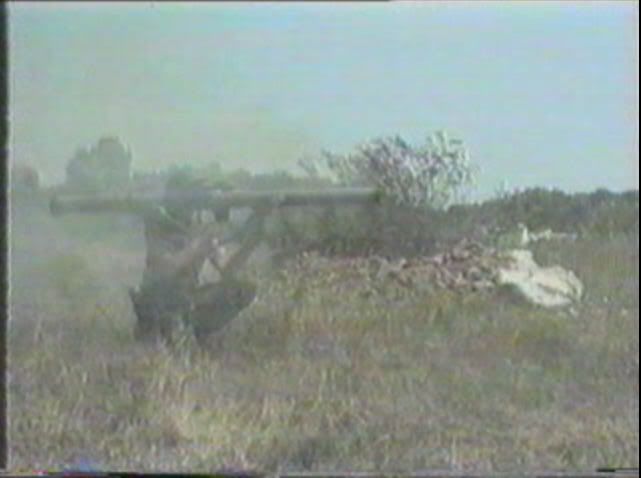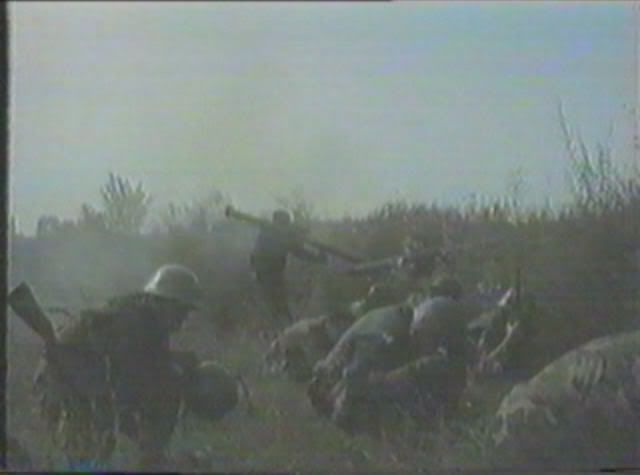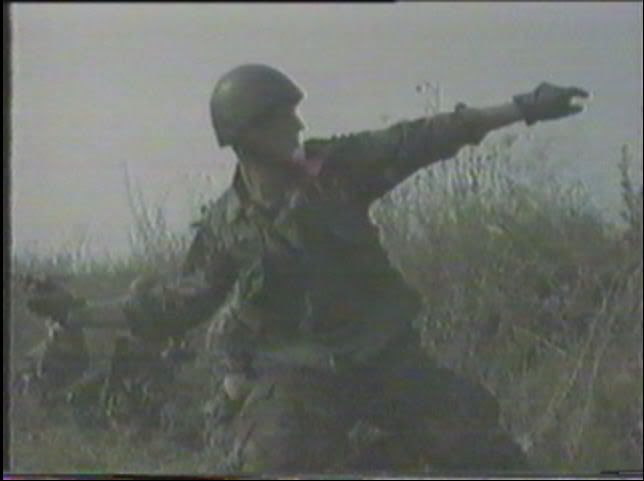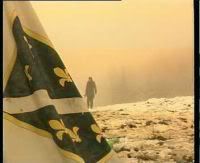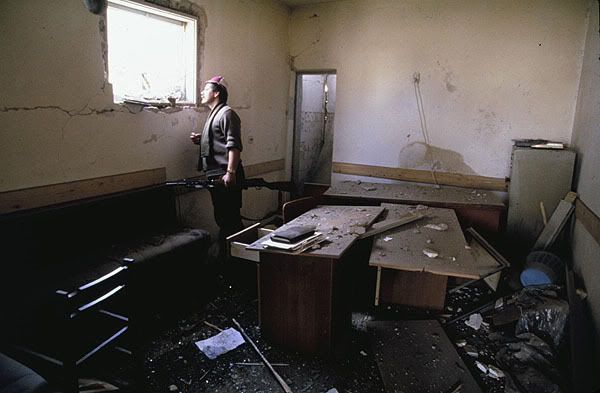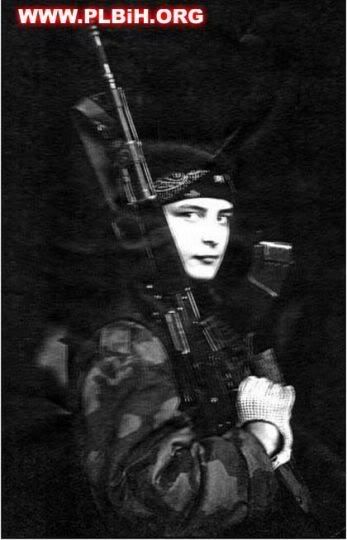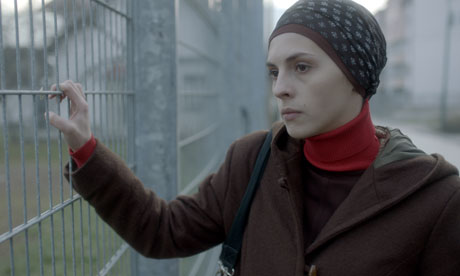Bosnian President Zeljko Komsic was in Chicago to celebrate Bosnian independence with the expat community and to honor some guests who have helped Bosnia over the years. It was also a celebration of International Womans day, a under celebrated holiday for some reason in the US. It was great celebration that I had the honor to be a part of. Here is my speech...
First I would like to
thank the President Zeljko Komsic for this great honor. Next I would like to
thank Suad and the B&H Club for this wonderful invitation. I am humbled and
honored to share the stage with these distinguished gentlemen. I want to thank everyone
for coming tonight.
Bosnia and Herzigovina,
the country has been reduced to one word. If you mention Bosnia to someone
outside of the country, they most often think of war. The first thoughts I have
are of the magical time of the Sarajevo Olympics, Tito and Brotherhood and
Unity. Bosnia to me means a cultural
tradition of building bridges best represented by the Stari-Most. We have a
saying in our home “Build the Stari-Most, not the Berlin Wall” Building connections
across ethnic, religious and cultural divides is why Bosnia is so special to
me.
The second thought that
goes through my mind is the saying “NEVER AGAIN!” Never again will we allow the
horrors of WWII to be brought upon the earth, especially in Europe “NEVER
AGAIN!” Yet, in the year 1992 here we were again. When Bosnia cried out “NEVER
AGAIN” and waited for a response, the world turned its backs on them. I asked
myself “WHY?” Why is this happening again, live and in color at the end of the
20th century when we were supposed to move beyond this in our human
development? These were blonde-haired, blue-eyed Europeans, couldn’t we have
looked into the mirror and said “ENOUGH!” Stop this slaughter! The world
responded by sending spoiled food, spoiled medicines and spoiled peacekeepers
who were neither capable of keeping the peace nor protecting themselves, let
alone an unarmed Bosnian populace. Why was the world silent in a deafening wave
of human destruction that you could see every day? I believe if it was
“Muslims” slaughtering “Christians” the war would have never been allowed to
begin.
Bosnia is so much more
than an adjective for war. Bosnia, the people, the beautiful land it occupies
and Bosnia the ideal are all things that I cherish more than the air that I
breathe. Why? Why would an American have such strong feelings towards a place
so far away from home? People that visit and even people that come from Bosnia,
fall into two camps. You love Bosnia or you hate it, there are few that have
feelings that fall in between. Bosnia being at the epicenter of so much
history, culture and traditions is both a blessing and a curse. Bosnia has
witnessed some of the most memorable events of the 20th century. Let us not
forget the history, the false idea that “they have been fighting for centuries.
Starting with the Bogomils, Bosnia has been a symbol of peace, tolerance and
mutual understanding. The most obvious
example is the The Ahdnama of Faith, oldest Human Rights Declaration in
history, written in 1463 which states:
“LET NOBODY BOTHER OR DISTURB THOSE WHO ARE
MENTIONED, NOT THEIR CHURCHES. LET THEM DWELL IN PEACE IN MY EMPIRE. AND LET
THOSE WHO HAVE BECOME REFUGEES BE SAFE. LET THEM RETURN AND LET THEM SETTLE
DOWN THEIR MONASTERIES WITHOUT FEAR IN ALL THE COUNTRIES OF MY EMPIRE.”
Let’s not forget this
uniquely Bosnian tradition, which brought the Sarajevo Hagaddah to its final
resting place. How did a Jewish manuscript of immeasurable value end up in
Sarajevo in the first place? That is an easy answer, because the Jews of
Europe, threatened with torture and extinction found a safe place where they
could co-exist, the Muslim Bosnia, escaping their Christian torturers. That is
Bosnia the ideal, not only an ideal but a tradition of tolerance, peaceful
existence and mutual understanding where friendship and love can bloom and
history be rewritten.
Bosnia the land is the
easiest to explain, the natural beauty of the water that springs from the side
of mountains and rivers that sparkle emerald green. From the lush hills and
deep river valleys and mountains, there are few other beauties in the world
like Bosnia. Towns like Jajce, Pocitelj, Trebenje, Sarajevo, Stolac, Mostar and
too many others to mention. I remember seeing a poster on Zeljo Stadium about
10 years ago proclaiming “What is more beautiful Bosnia or her people?” I am
still trying to decide. There is the natural beauty of Bosnia and there is the
beauty of traditions, the call of the mosque, the Stari Most Bridge, the
Olympics, Sarajevo’s town hall, Bascarsija and so many others.
It is fitting that
these are the people that occupy the heart shaped country in the heart of
Europe. I could tell you a hundred stories of the immeasurable kindness
Bosnians have shown me both here and in Bosnia. The hospitality, the
friendships, the closeness that I feel; its love. Love not because I was born
with the same mother, or father. Love born of acts of kindness and care rarely
seen in the world. The attention paid when one tells a story, listens and care
shown when you talk. I am not the only one who feels this way, I have heard
these stories from internationals that came for the Olympics, Medjurgorje or
came because of the war and fell in love with the people. This kind of love is
born in traditions, in kindness in a shared humanity, bonds stronger than those
of random luck.
I have seen it and felt
it in my friends like the Kabil family from Sarajevo Edin, Midhat and Envera
who have become closer to me than my own flesh and blood. Midhat, an ophthalmologist
by profession, regularly performed emergency surgeries often without medicines
on bodies torn apart by war. His
premature death was a direct result of his wartime occupation. Midhat’s death was not only a terrible loss
for his family, but for all of humanity.
He would always scold me like a parent; in a kind way “you always talk
about Bosnia and always forget about Herzigovina”. His care and attention when
we talked was like no other, I felt loved and cared for like a son. His wife Envera who volunteered during the
war to defend Bosnia as a sniper but was told her job as a school teacher was
more important. To this day I think of
her as a mother. Then there is my dear
brother Edin, who I have grown up with, respect deeply for his courage, his
faith, and his convictions. He may not be right 100% of the time, but he is
convinced he is 100% of the time. An unusual conversation a few years ago after
covering every topic known to man was the war and what we thought 15 years
later. He said to me he was happy for the war, not because war was good or he
was happy it happened. But that it gave him the life he knows, the depth of
understanding that he has and a perspective on life that few people on earth
possess. It also brought him friendships
and experiences he could never replace and people he could never forget.
Then there are my
friends Abdullah, a Bosnian Serb who fought and defended Bosnia as a teenager.
Abdullah, I have grown to consider him a dear friend and someone who is one of
the most interesting people in the world. His story would be the stuff of
legends if ever chose to reveal it. He exemplifies the complexity and beauty
that is the Bosnian spirit, never easy to define or explain his life, his
existence is an excellent example of Bosnia’s rich tapestry.
My friend Alan a British volunteer who flew
helicopters for the Bosnian Government before the war, spent the next 18 months
fighting for the ARBiH in Dobrinja, he has never asked a thing for, never
sought the recognition, the honor he deserved for being one of the few
westerners to defend Bosnia in her darkest hour. Alan loves Bosnia as much as I
do, he knows what it feels to have chosen to be Bosnian. These are the people
that have made Bosnia so special to me, them and so many others. I want to
thank you and everyone who contributed to making Bosnia the amazing place and
ideal that it is today.
I do have one request however, Bosnia needs your
help. Bosnia the mother which gave birth to some of the most special people on
this planet is in need of service. Bosnia needs active, energetic people who
are willing to spend just 15 minutes a week to help keep her in the front of
people’s minds. Bosnia needs people of service at a time when the Sarajevo
museums are getting shuttered and the political process stagnates. I implore
everyone to spend 15 minutes a week helping Bosnia, doing volunteer work. Fund
a project, start a project, write a diplomat here or abroad. Talk to your
friends about Bosnia, bring a friend to Bosnia. Help a Bosnian family
struggling here in the US or back home. When an American who knows nothing
about the country asks you about your name or were you are from, don’t give him
the short answer, even though you have told your story 1,000 times. Take the
time for Bosnia, for her victims, for her future generations to share what has
happened, what is happening and what needs to happen in the future. No one
should act surprised if we do not act in service to keep moving Bosnia forward
towards a more stable, peaceful future. Thank you for taking the time today to
listen; Bosnia has been the greatest gift ever given to me and that is why at
every chance given, I share her with the world. Thank you.
